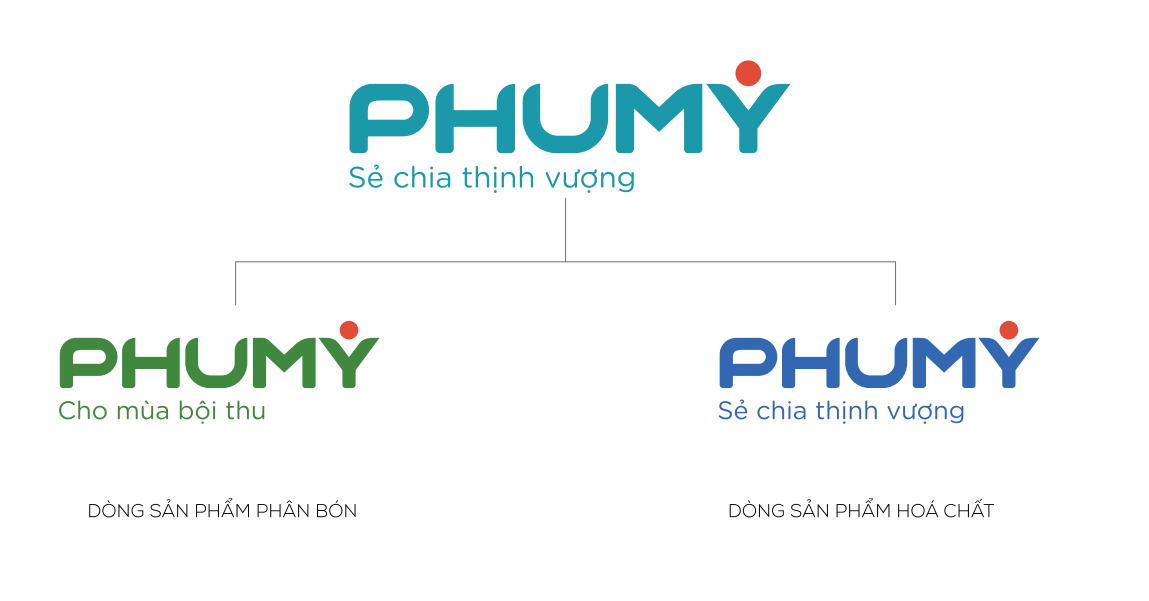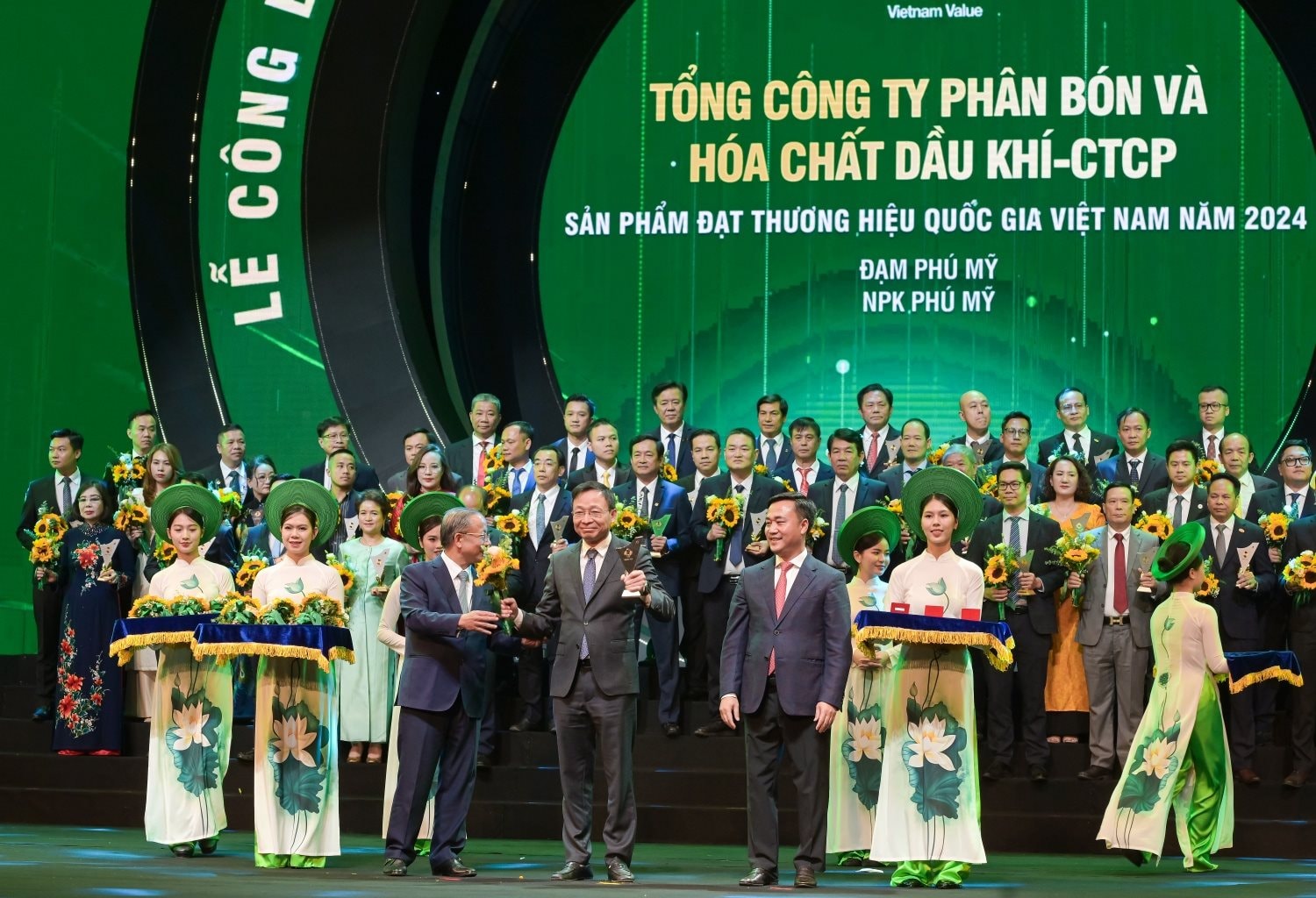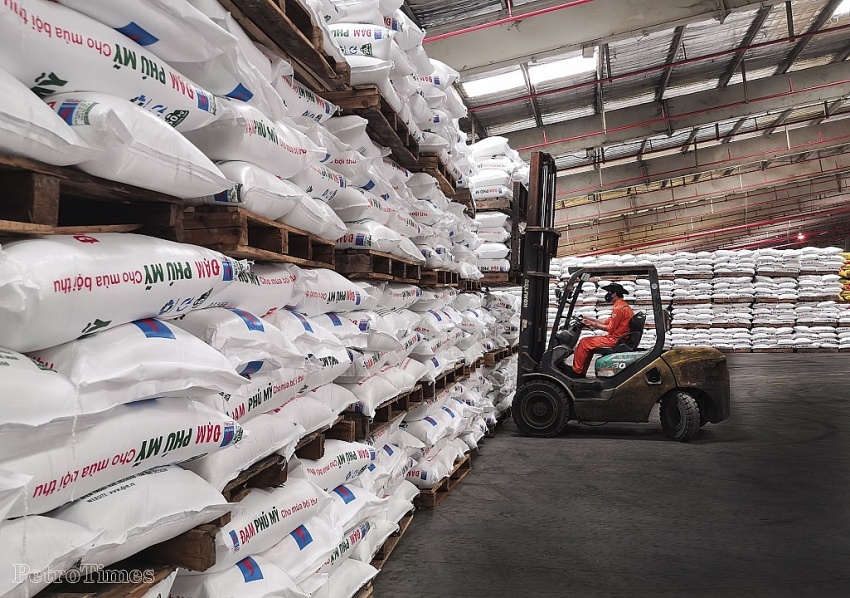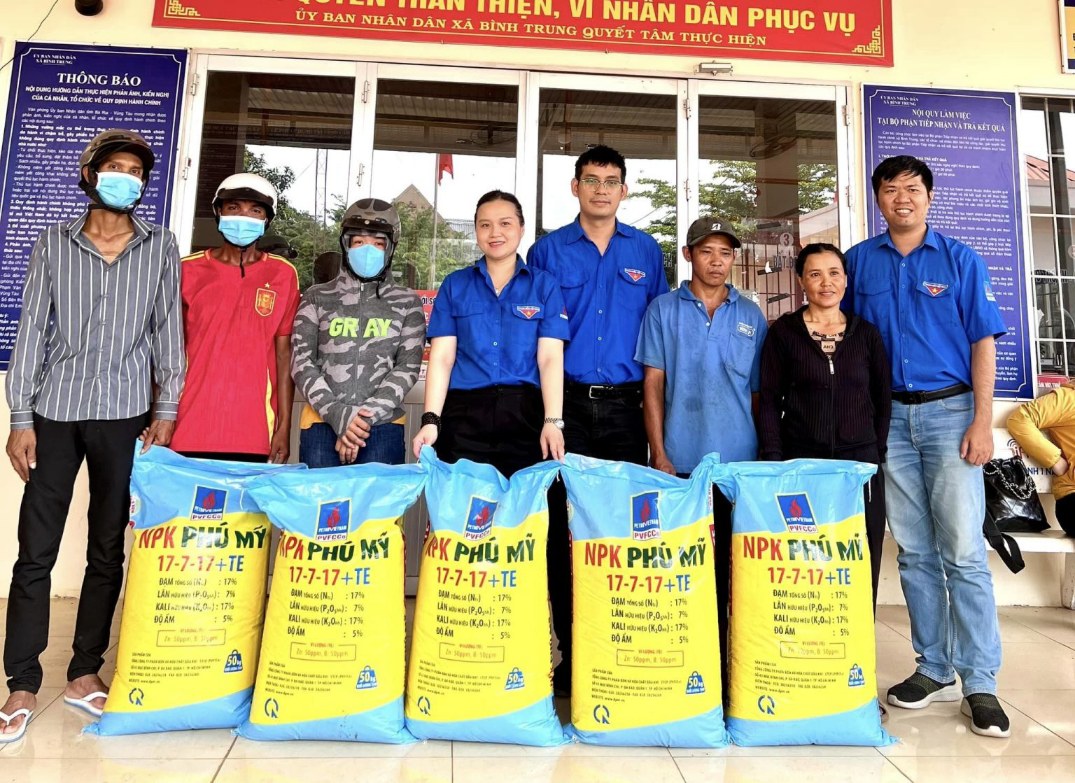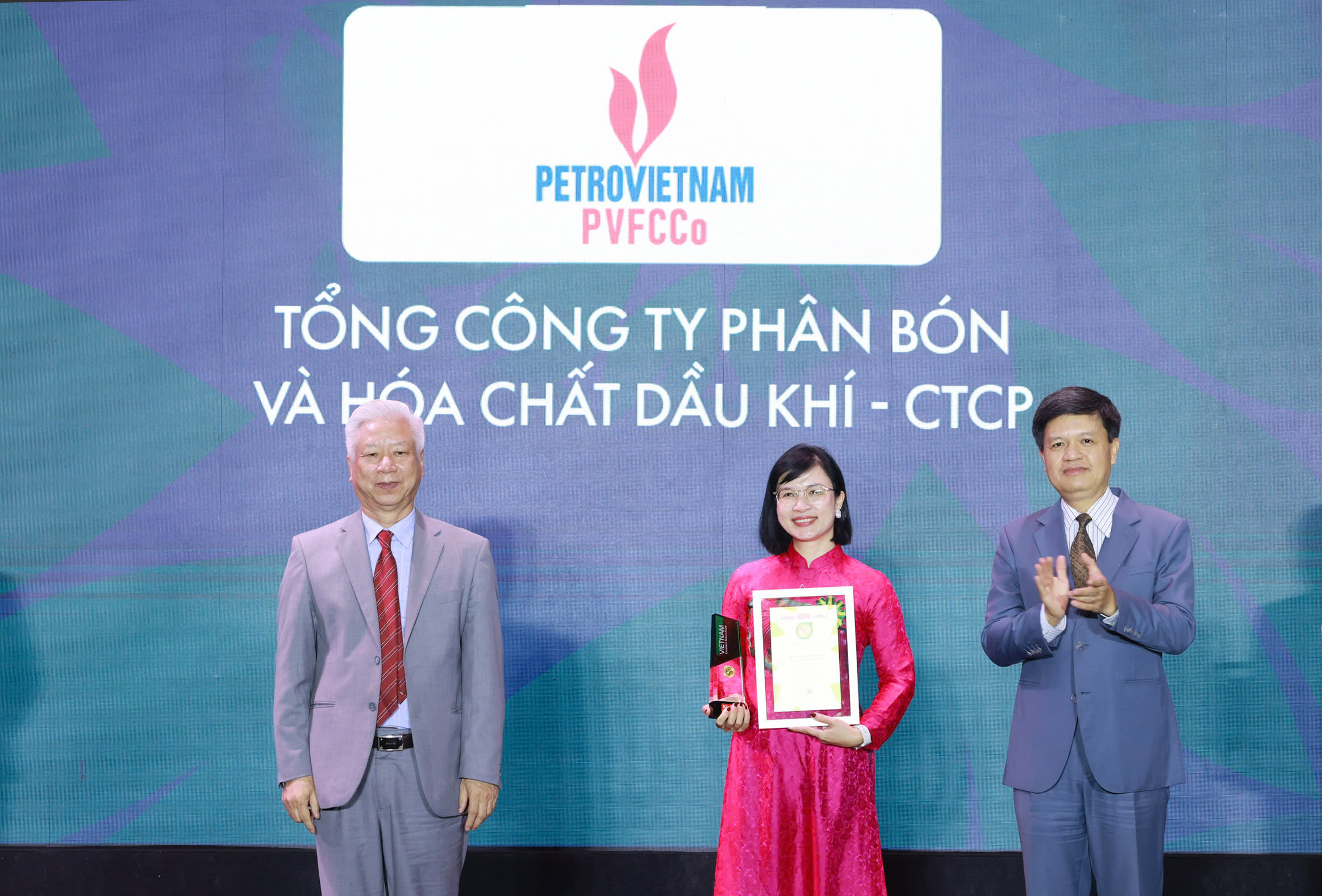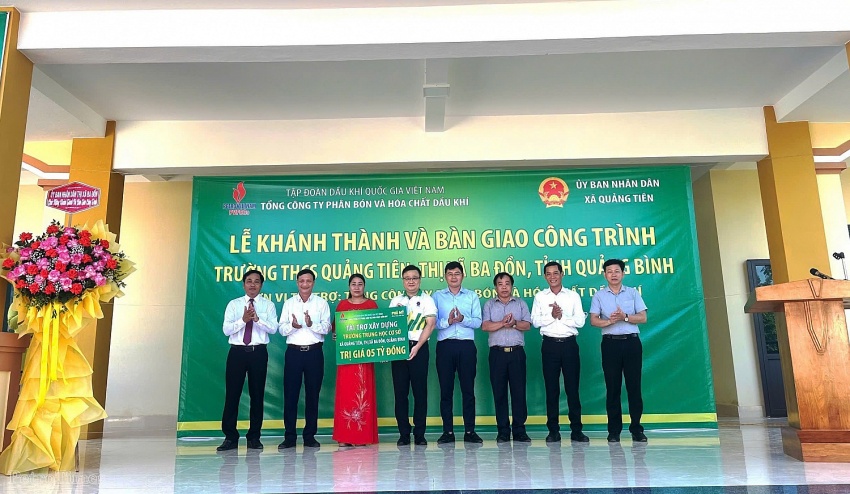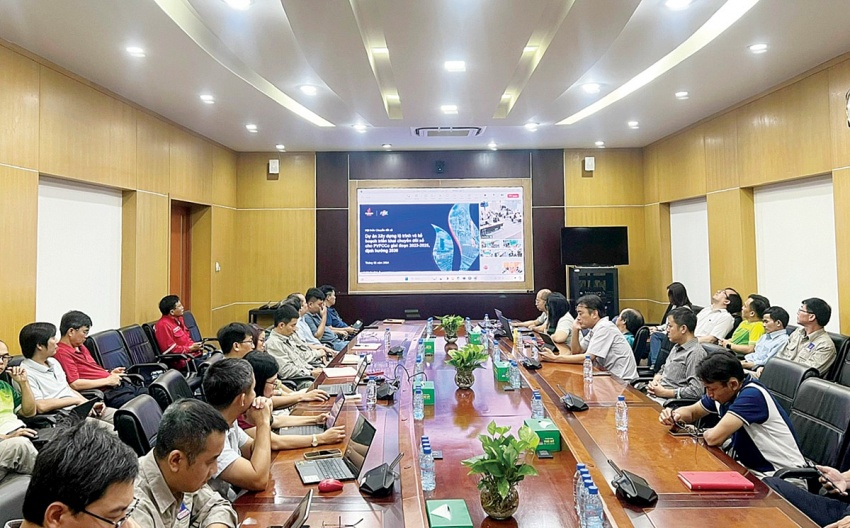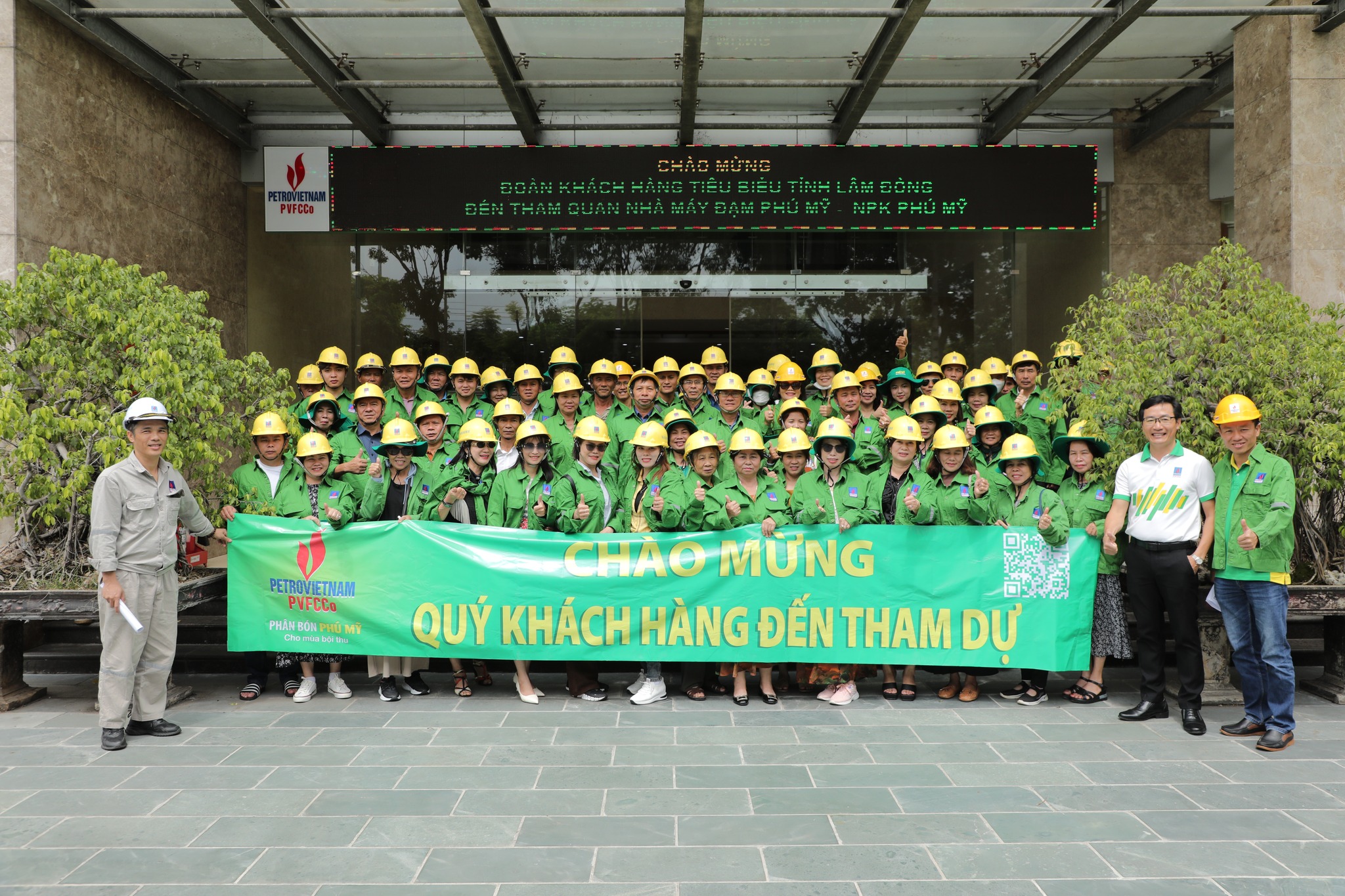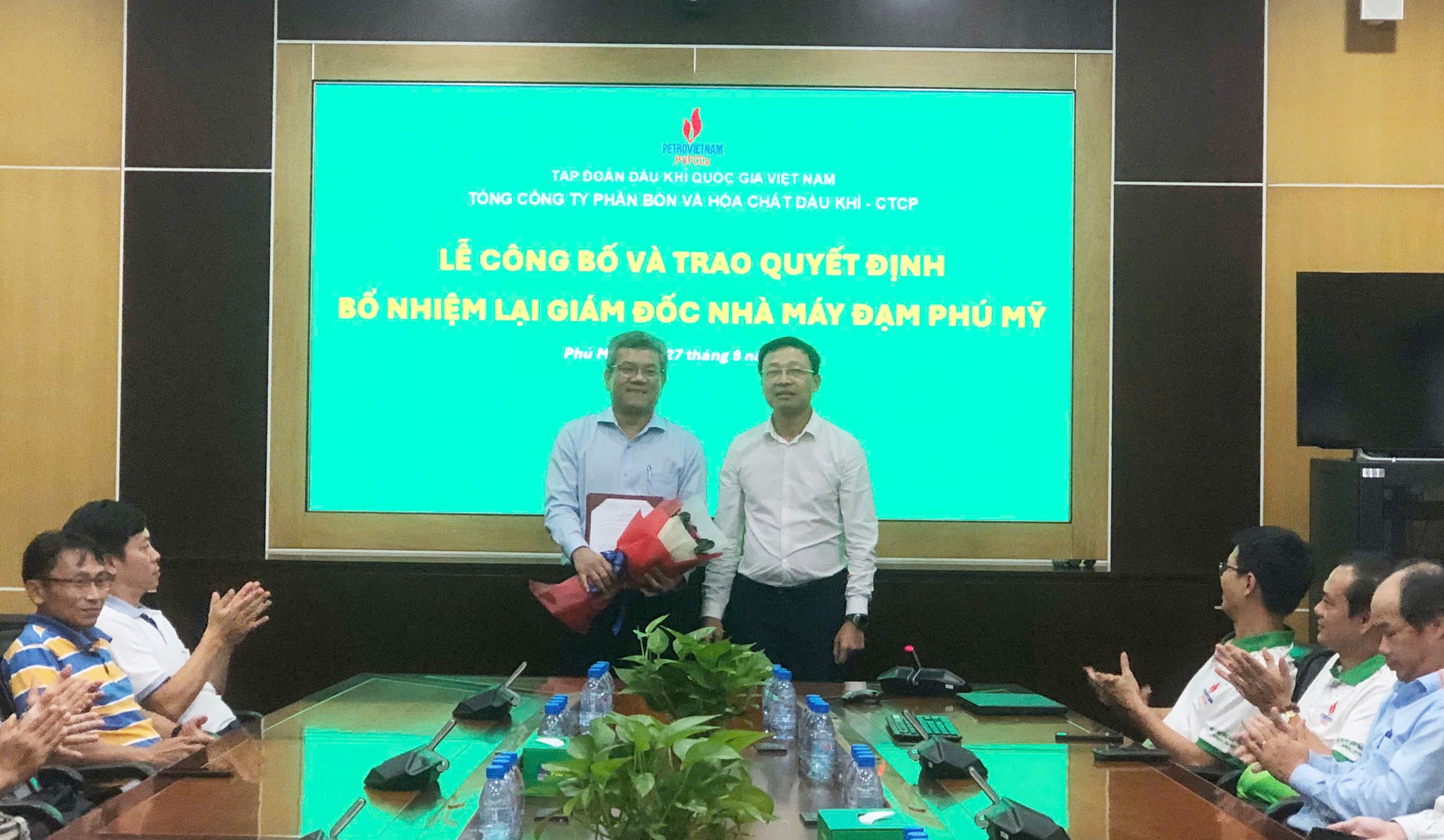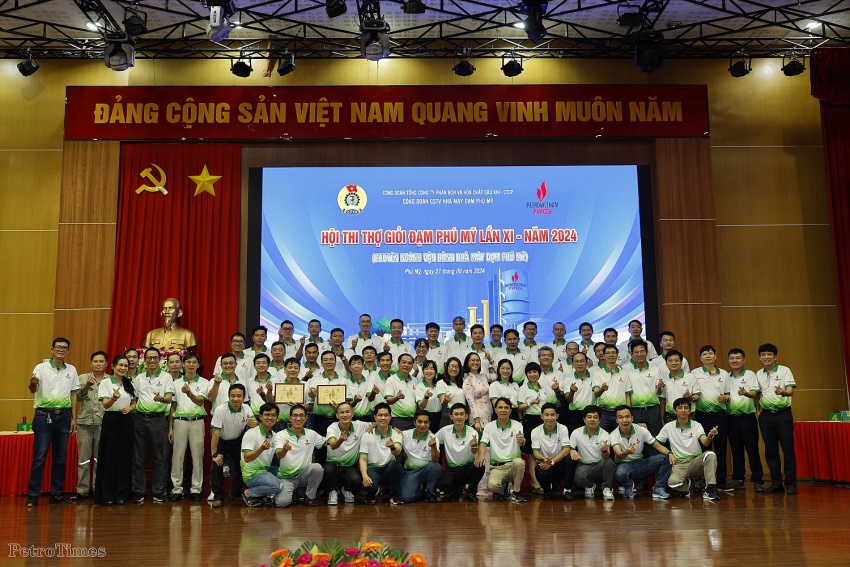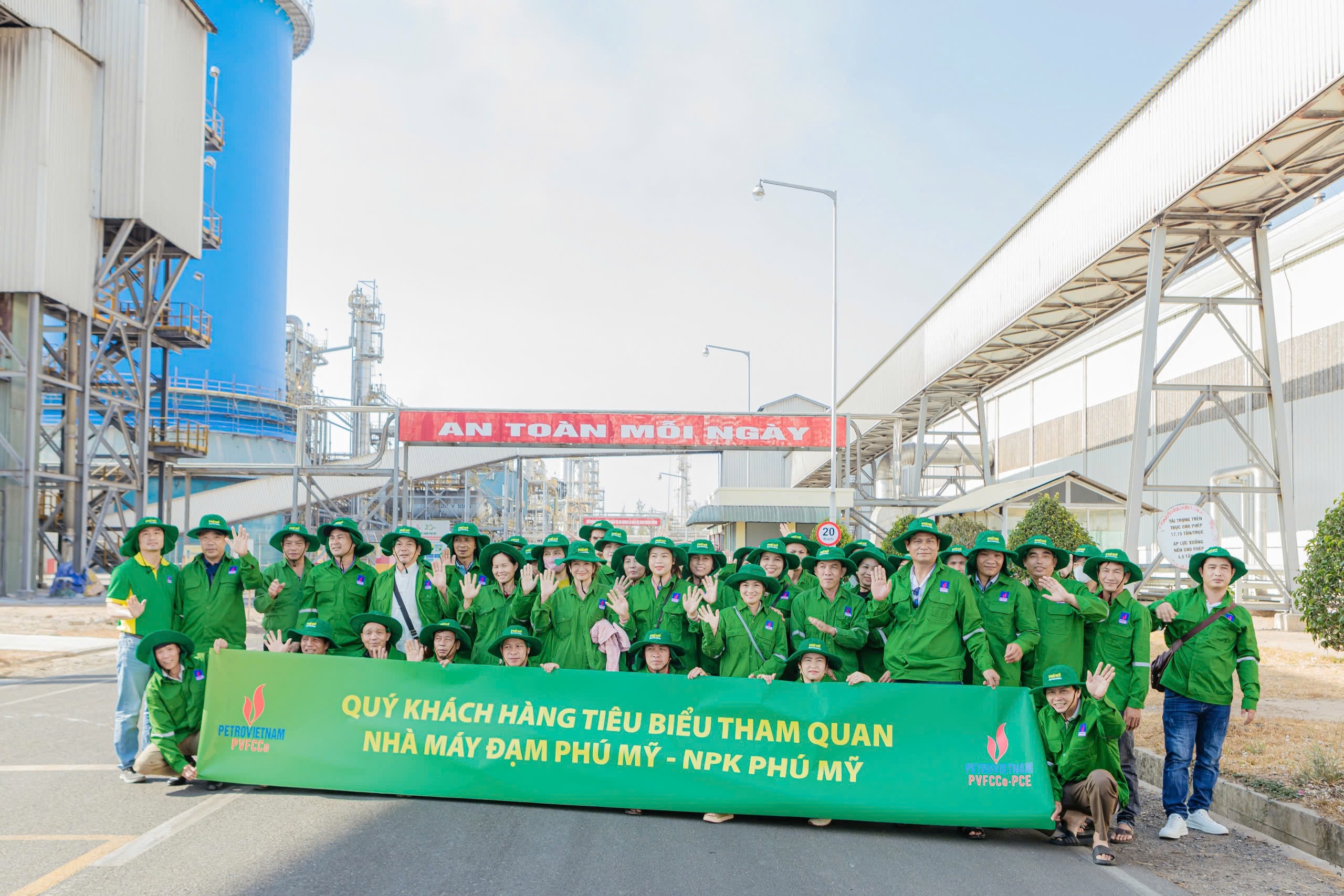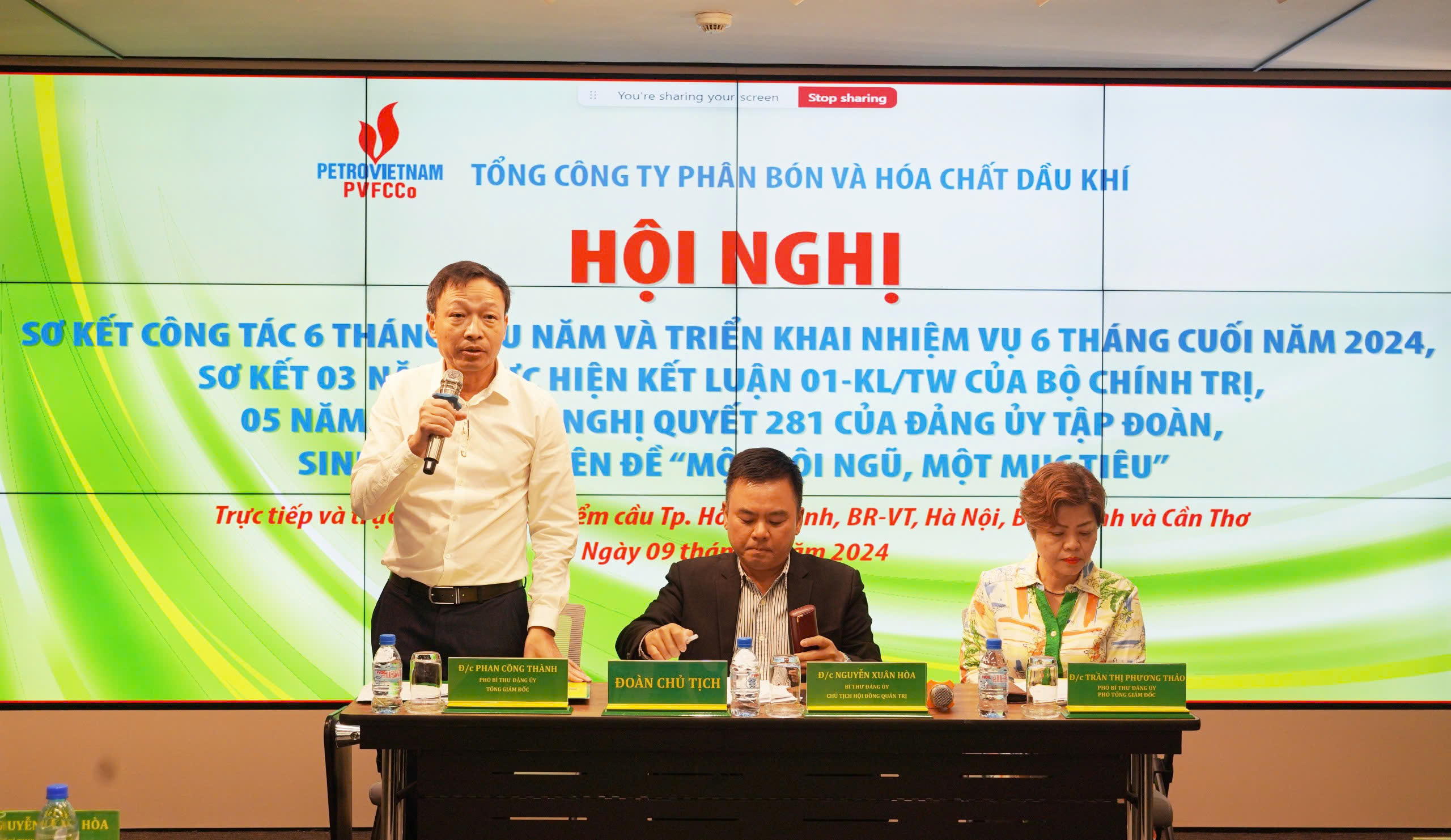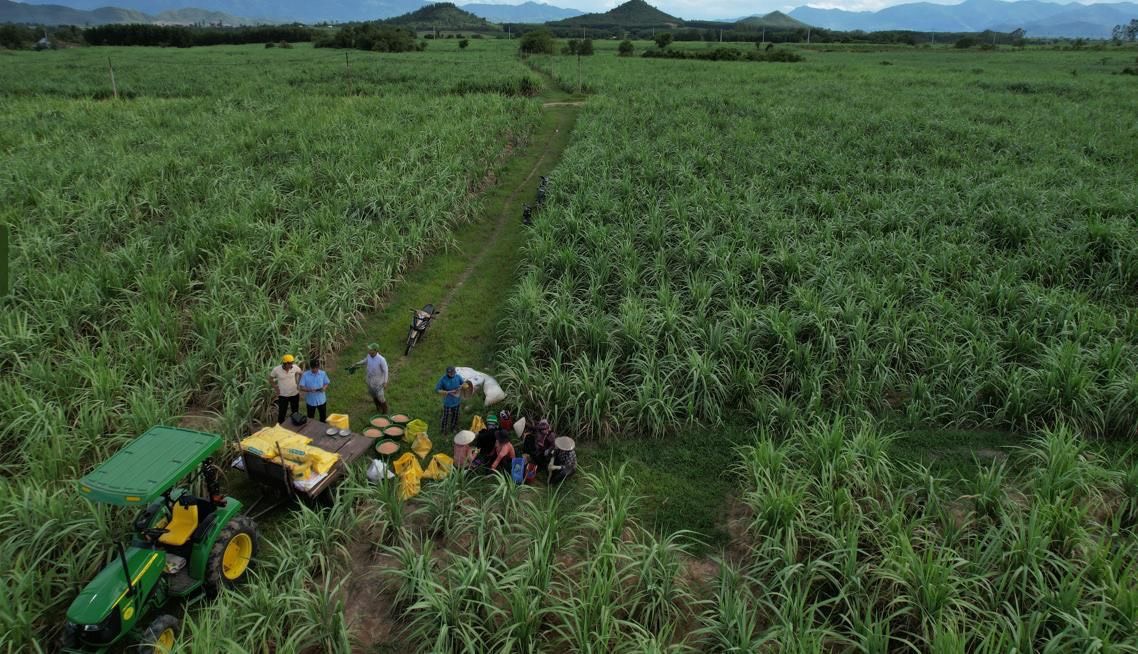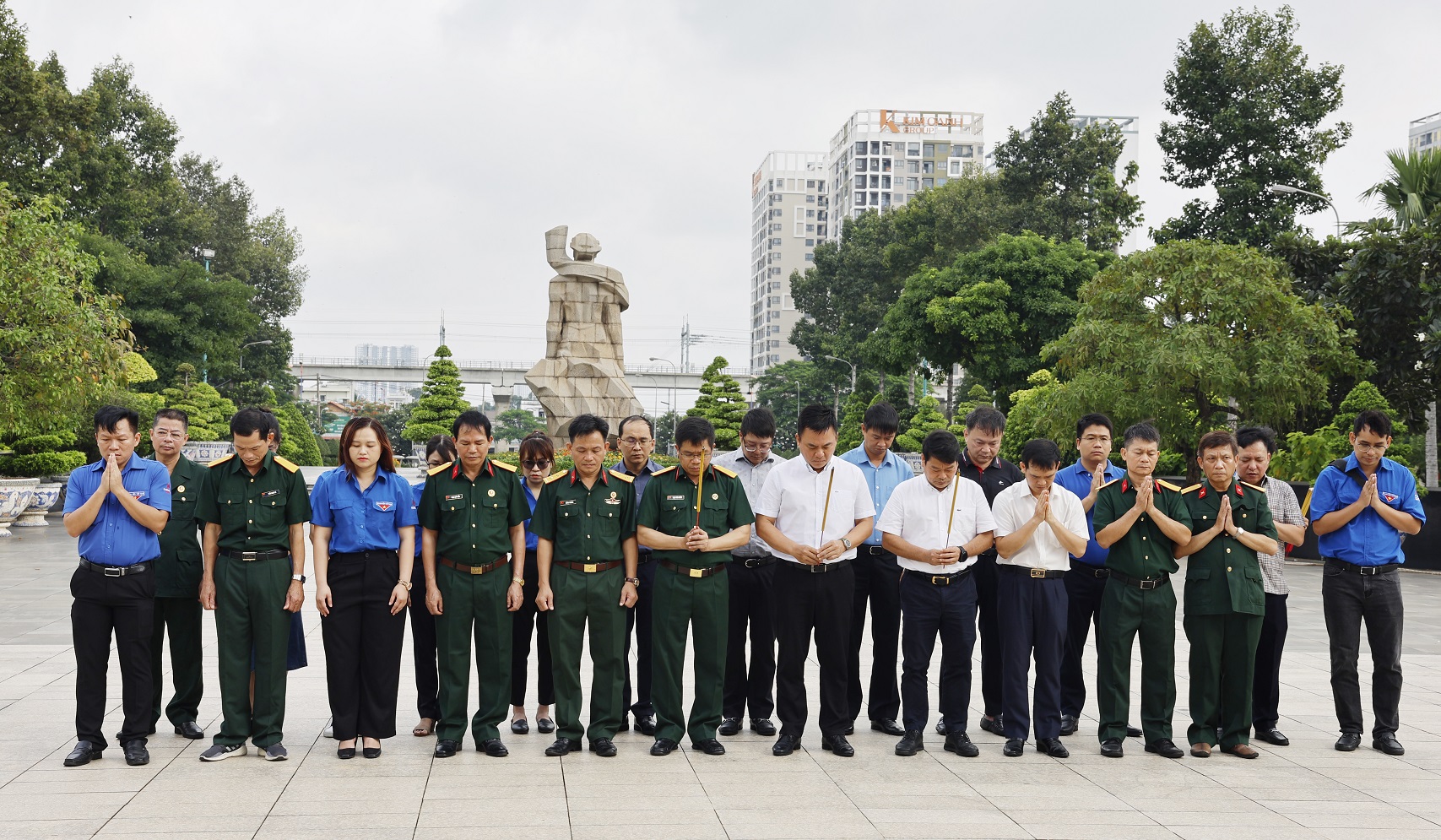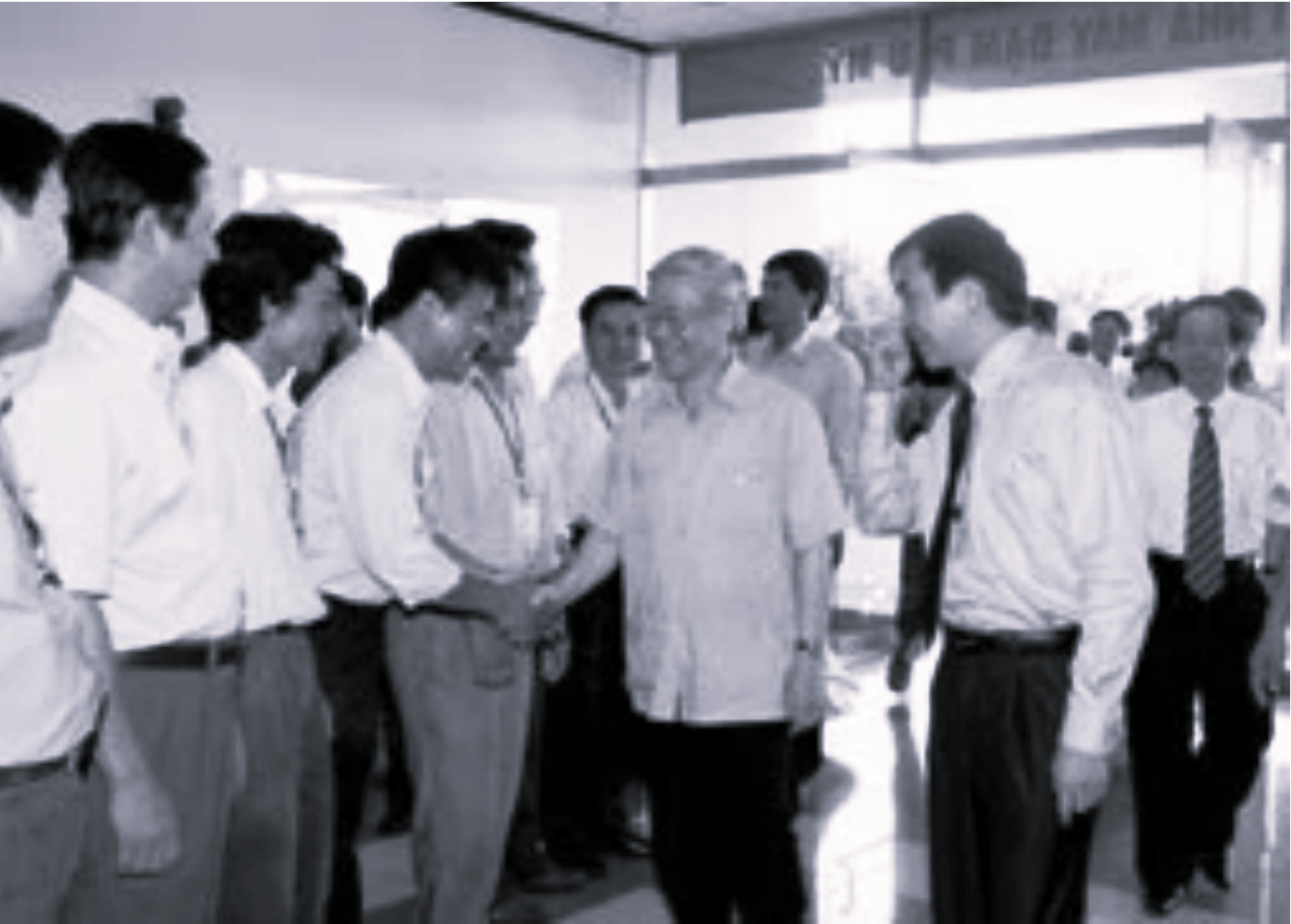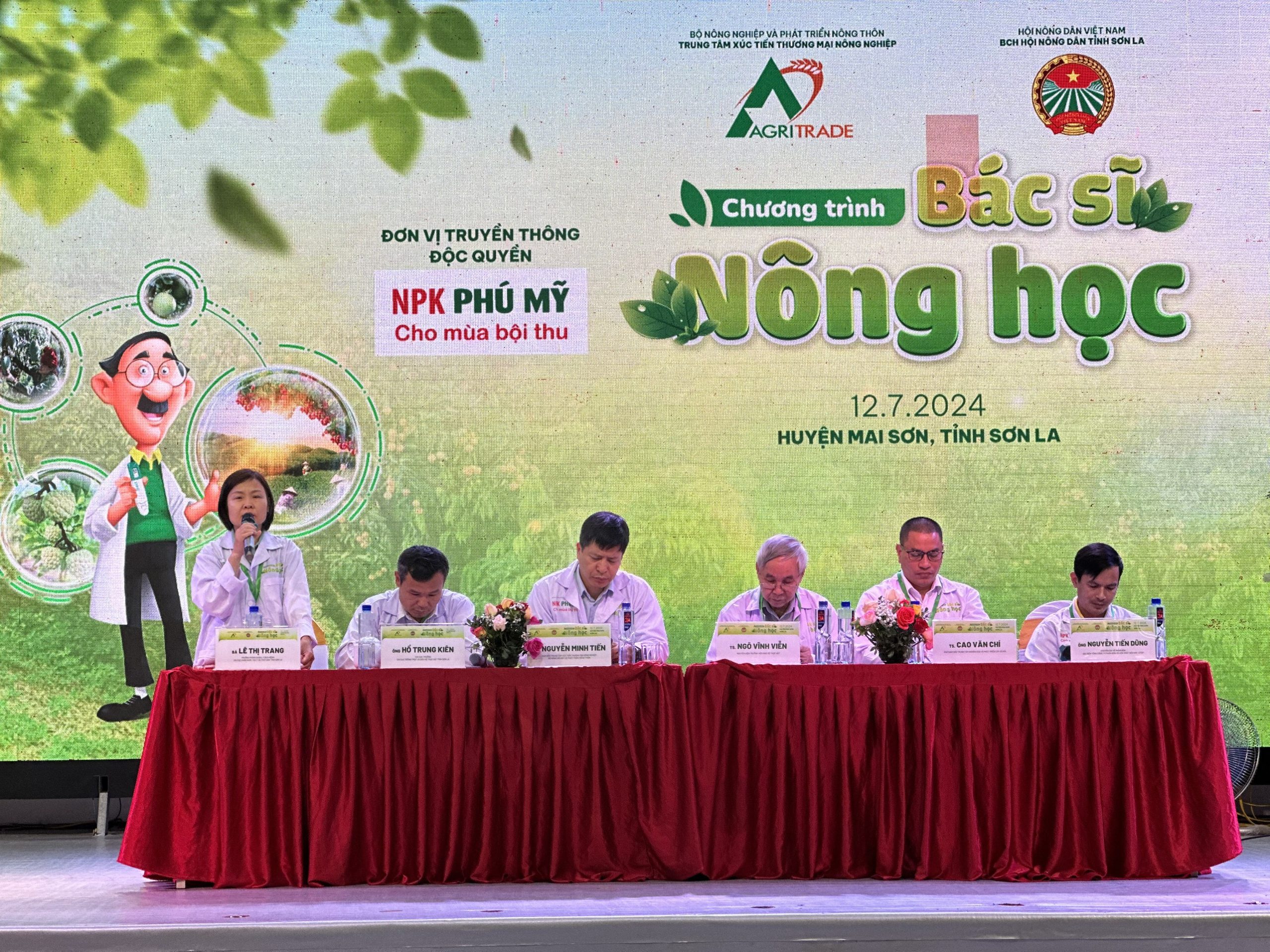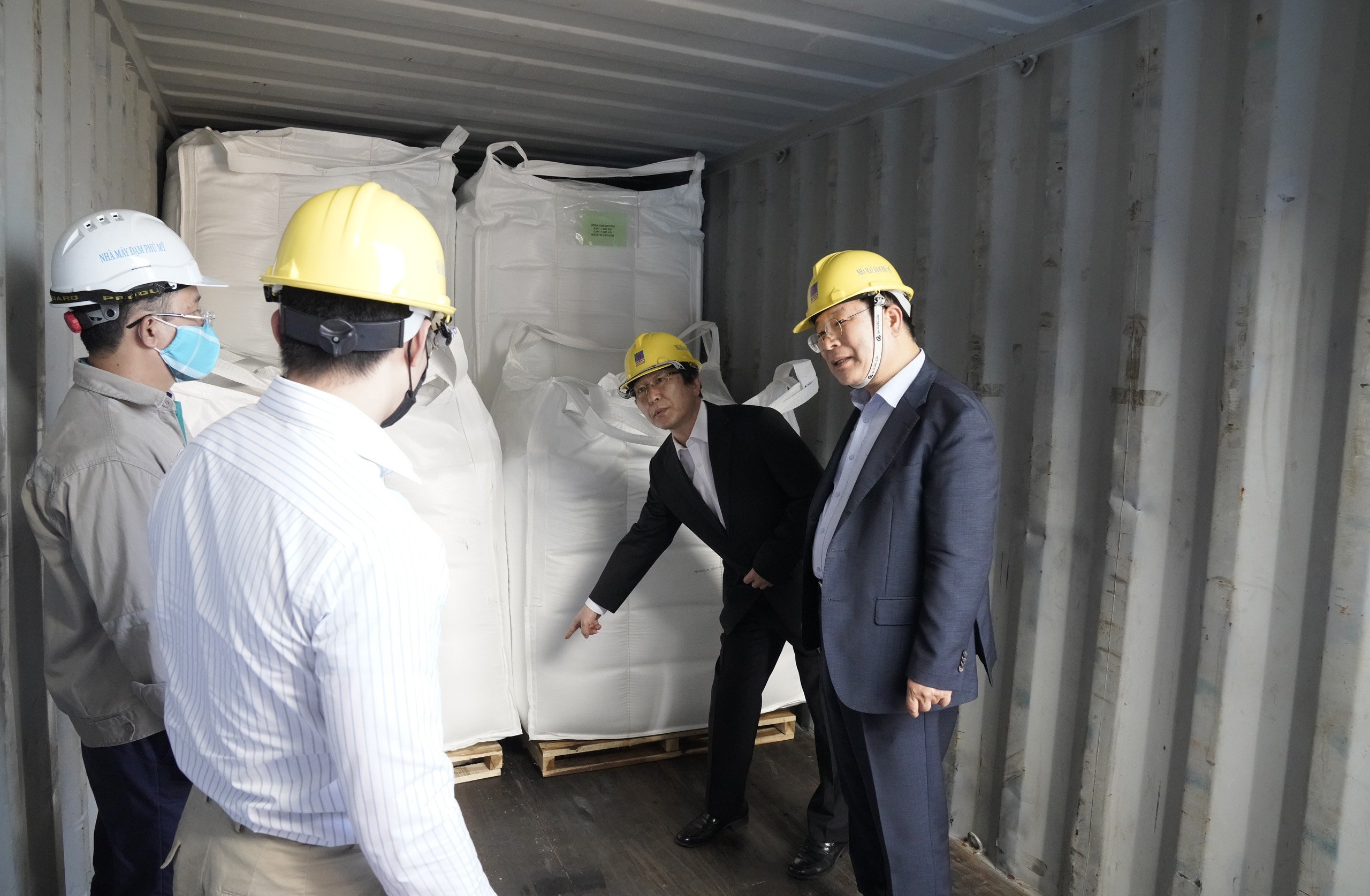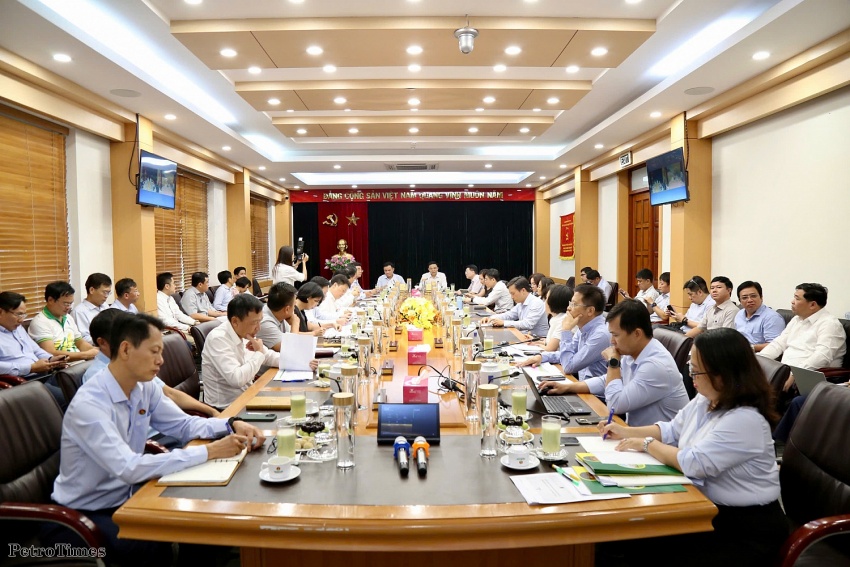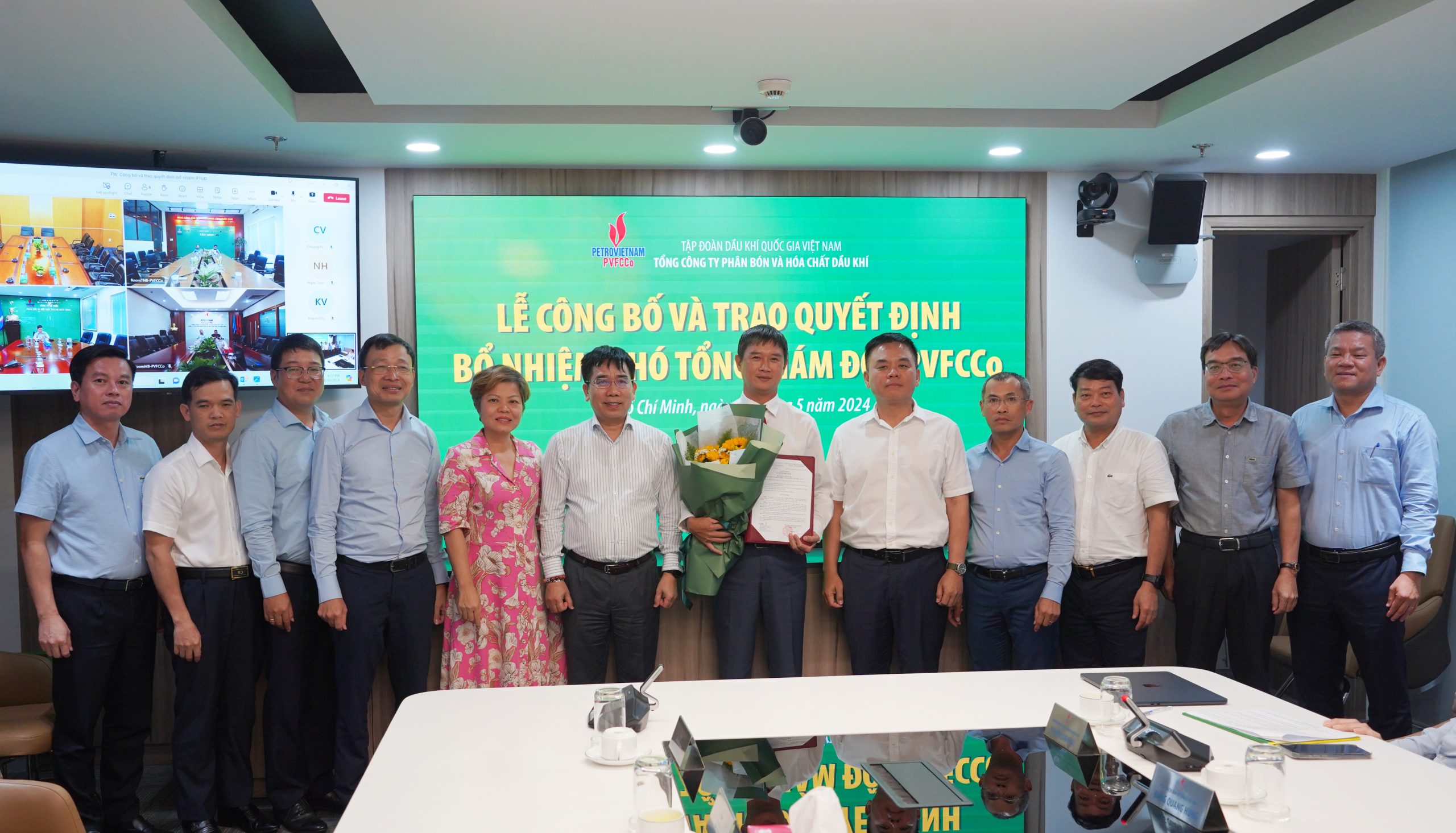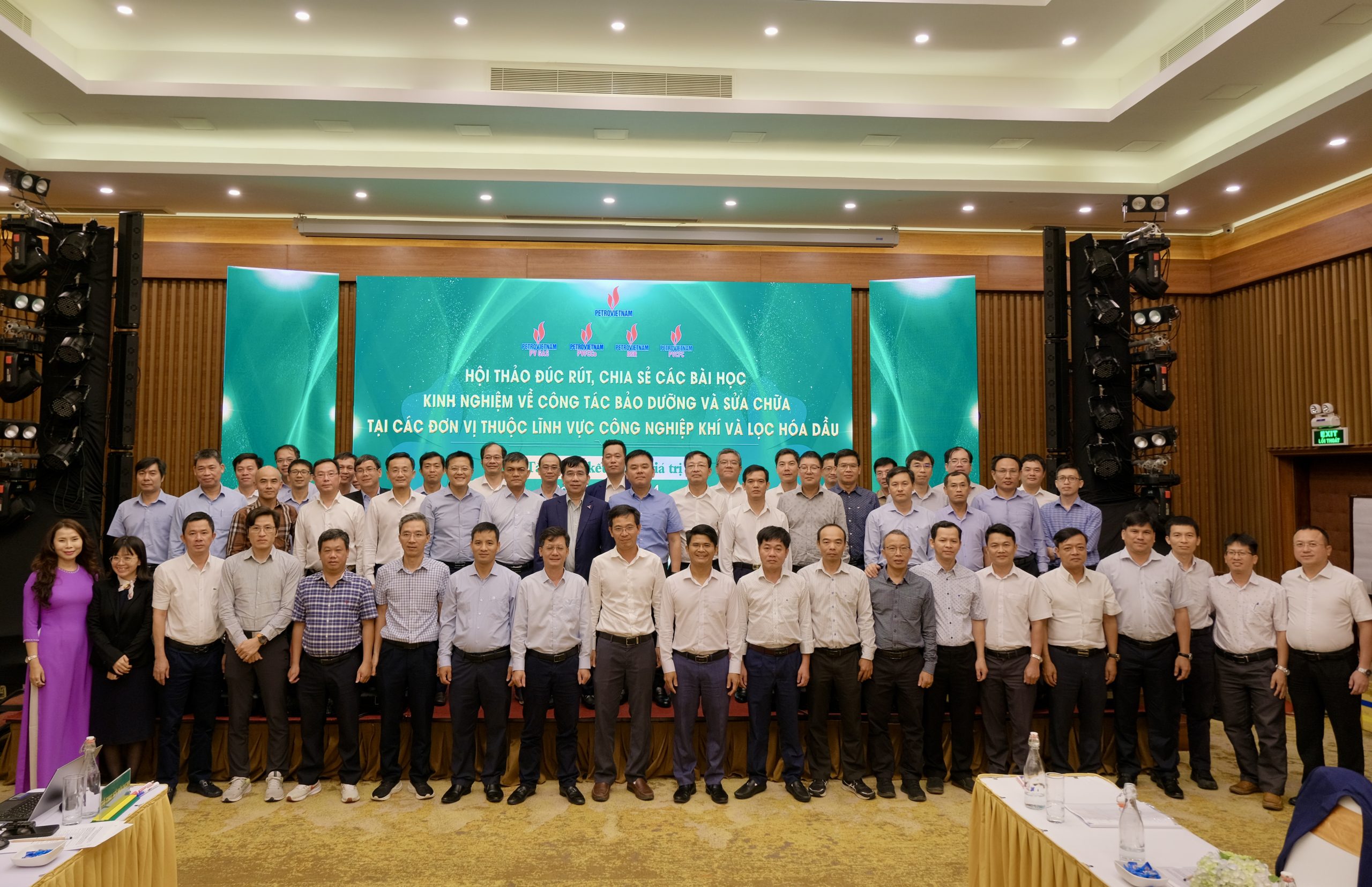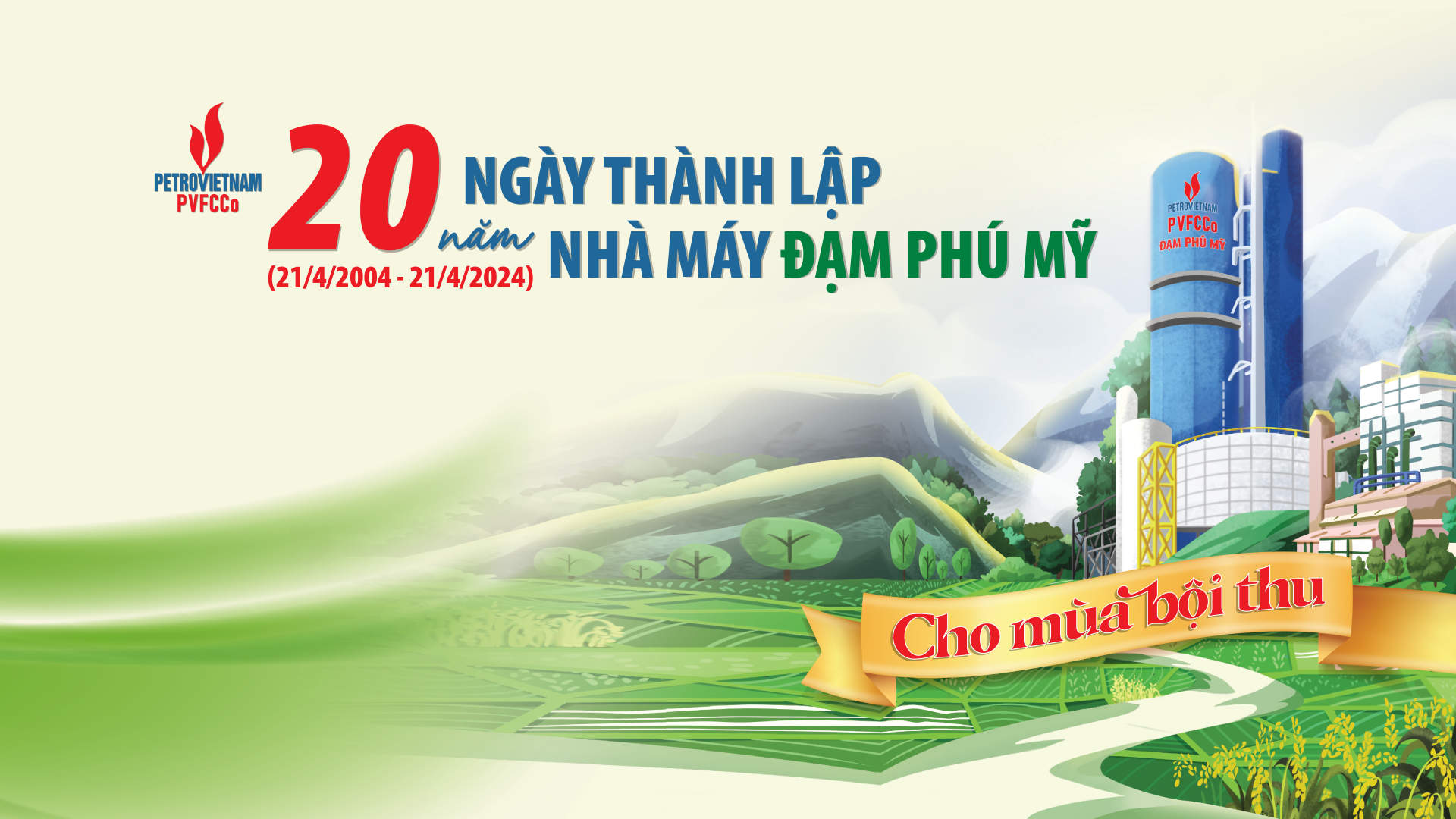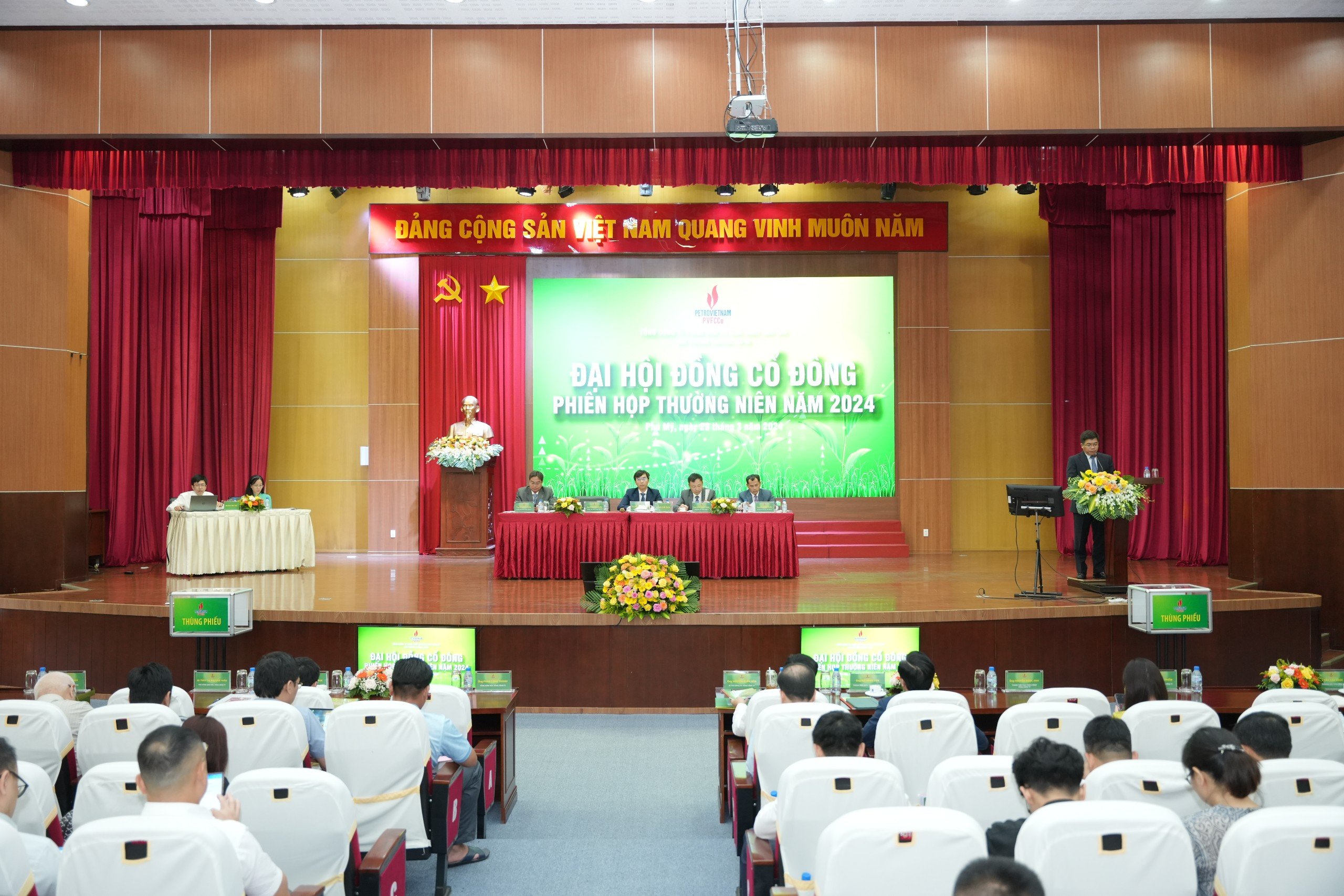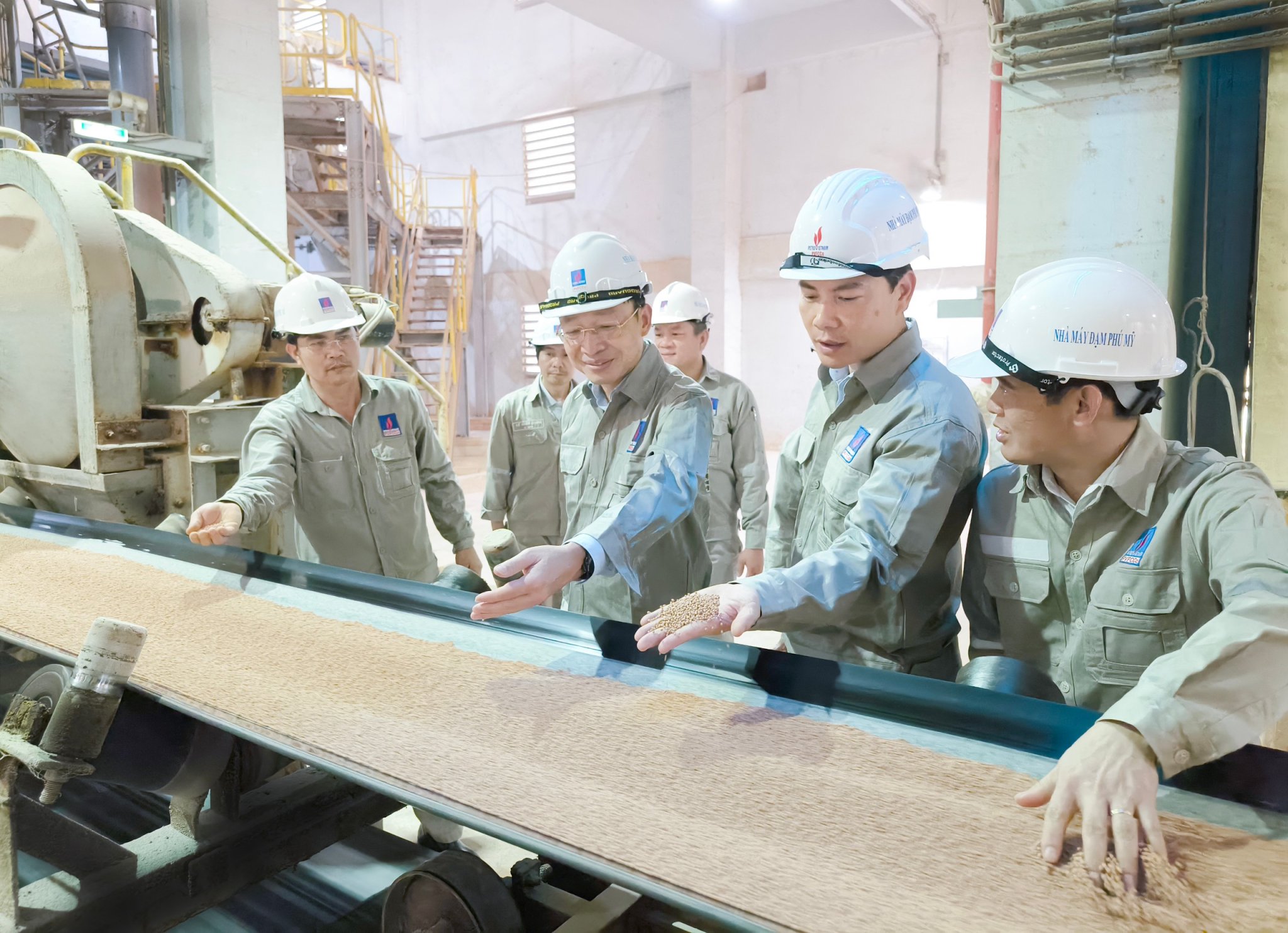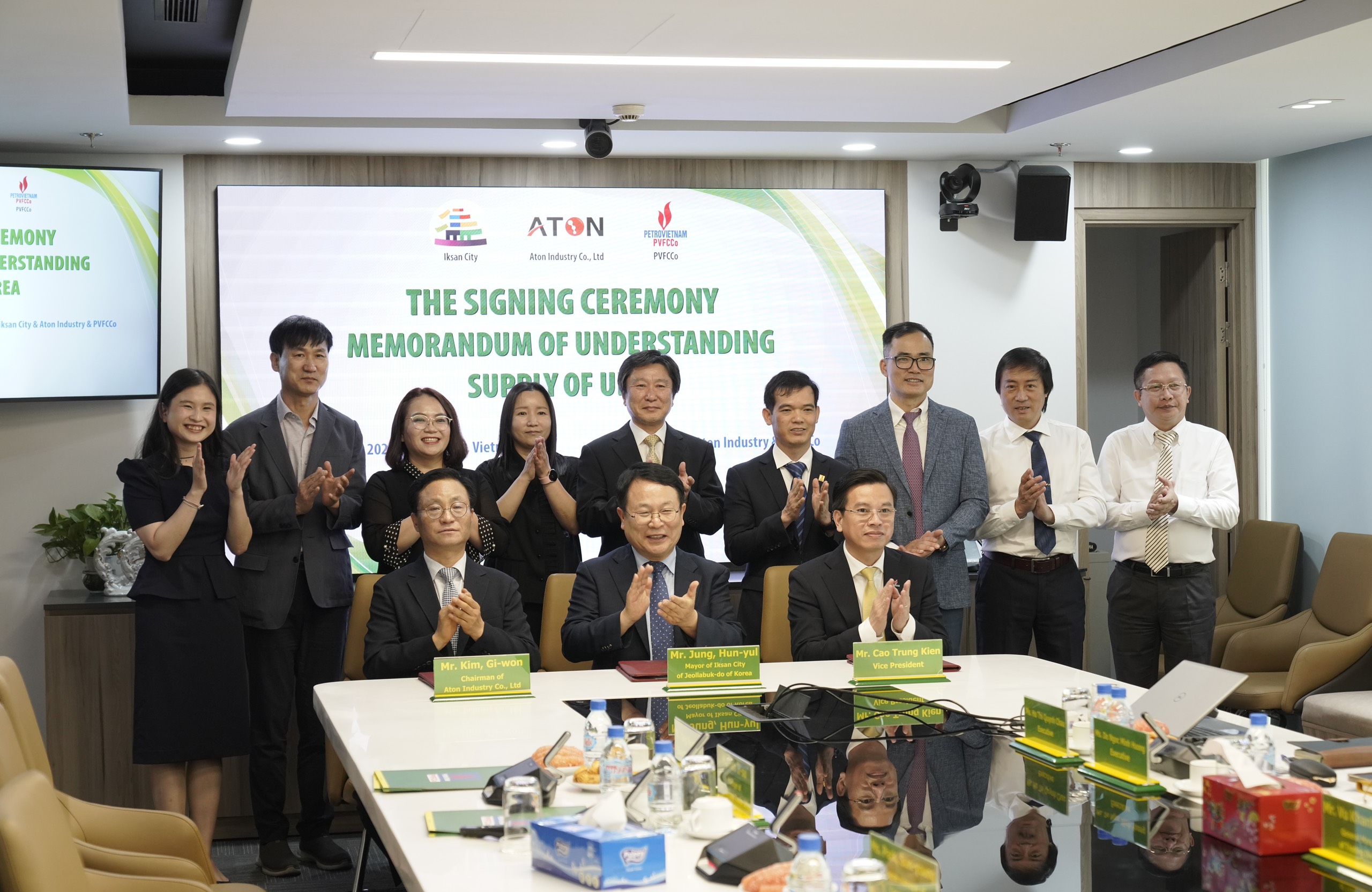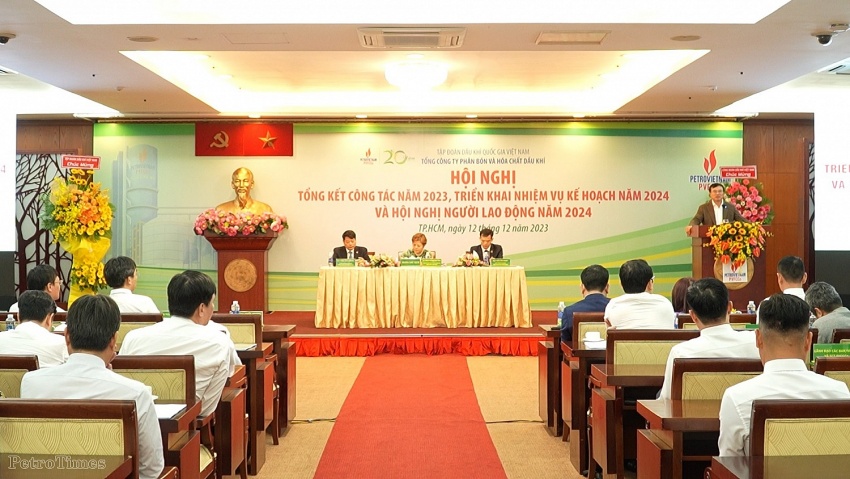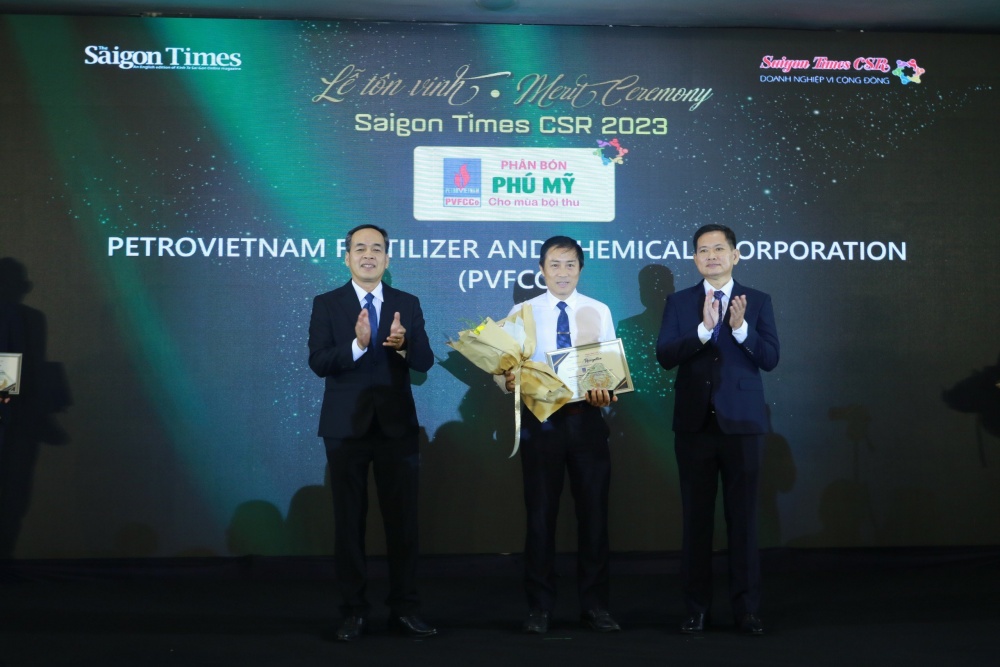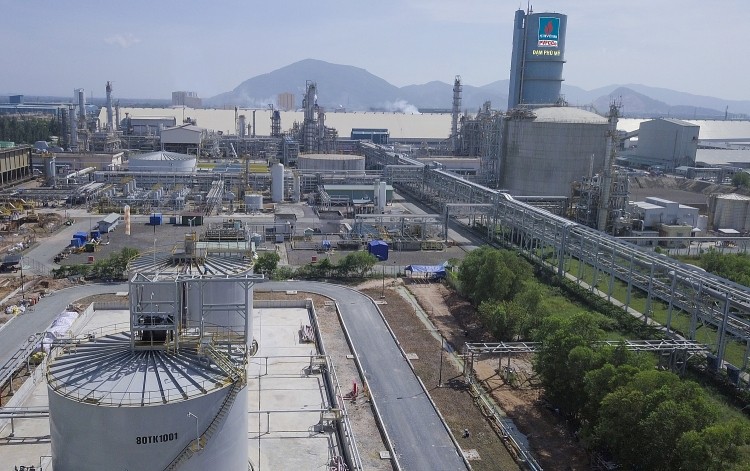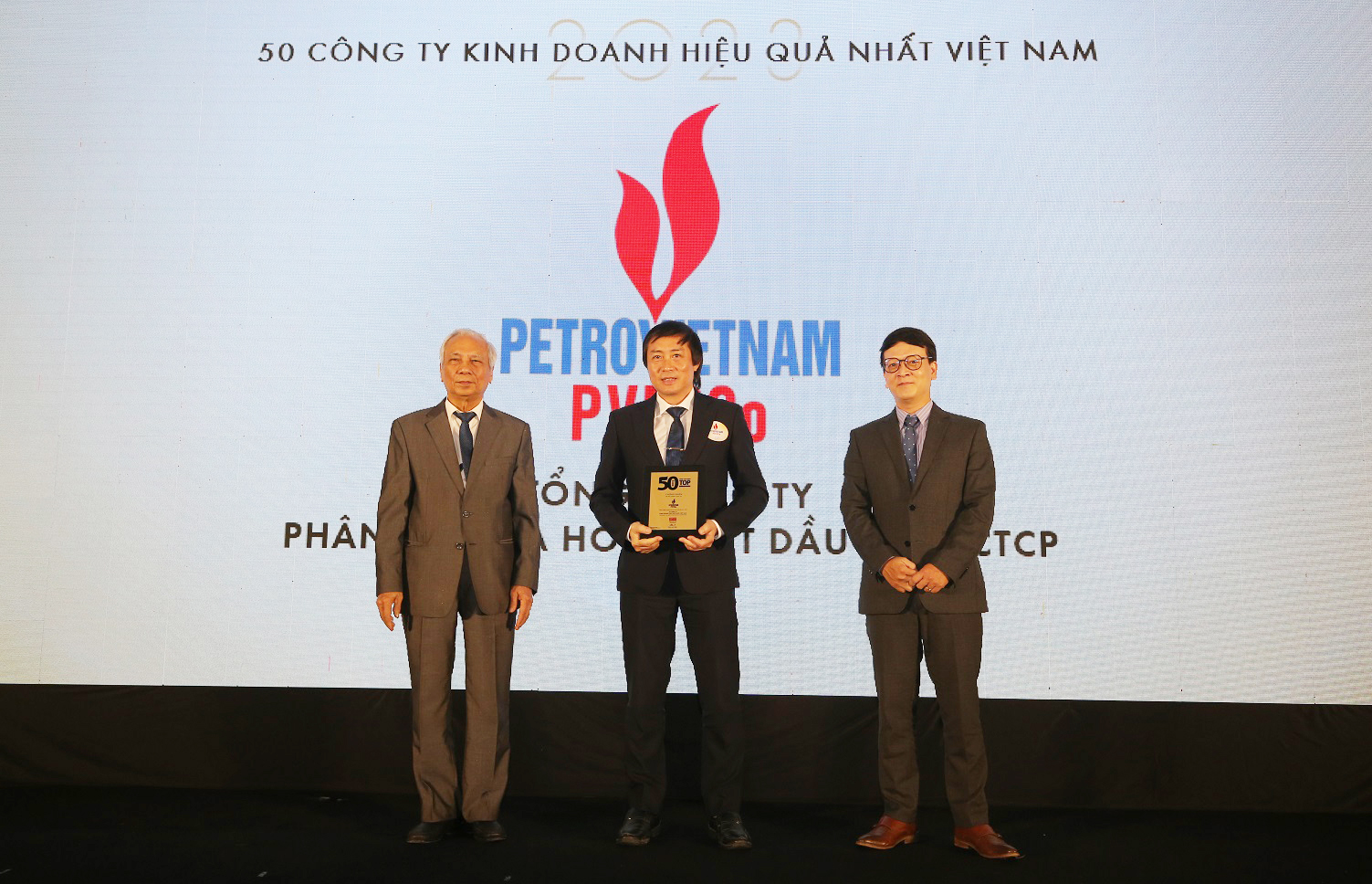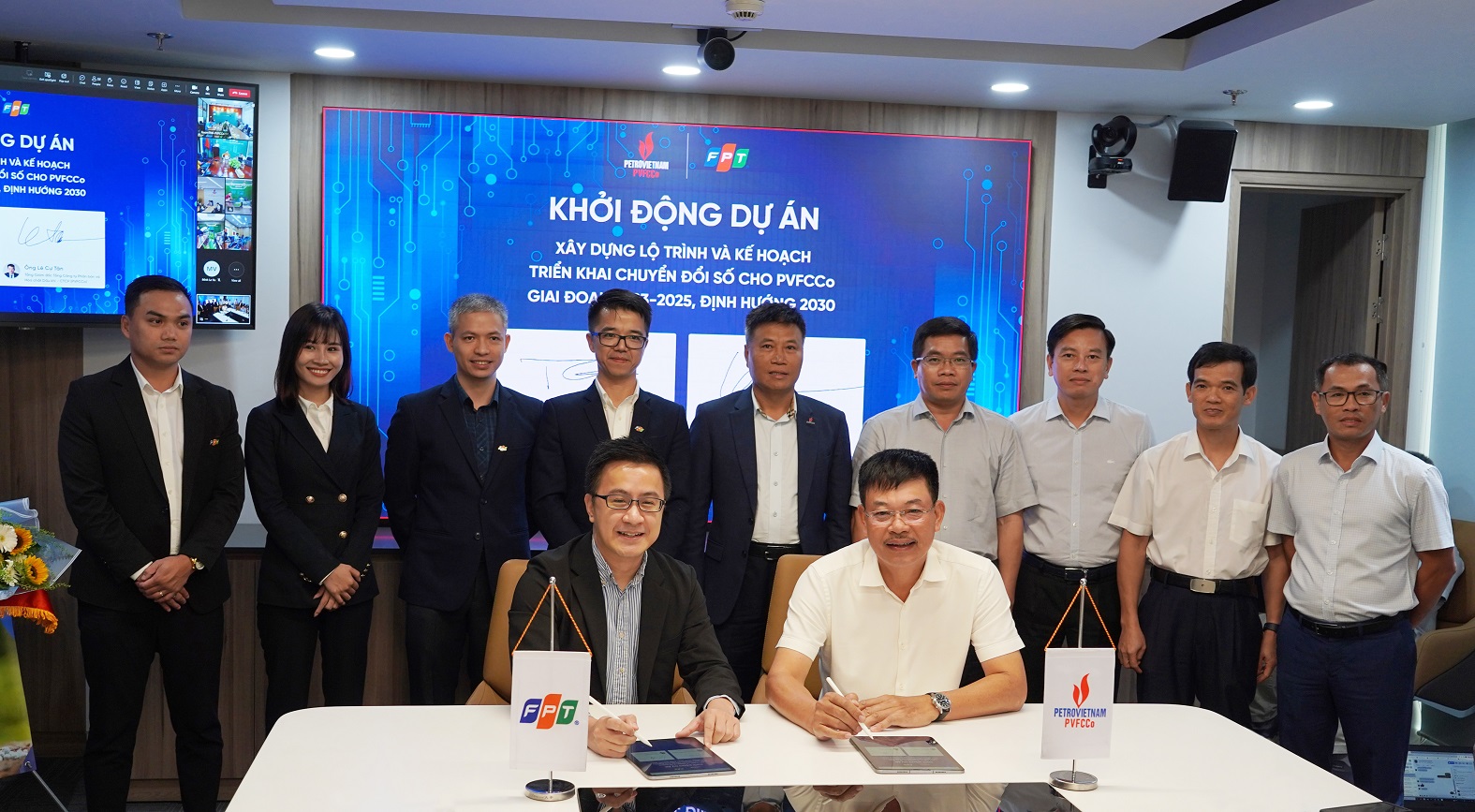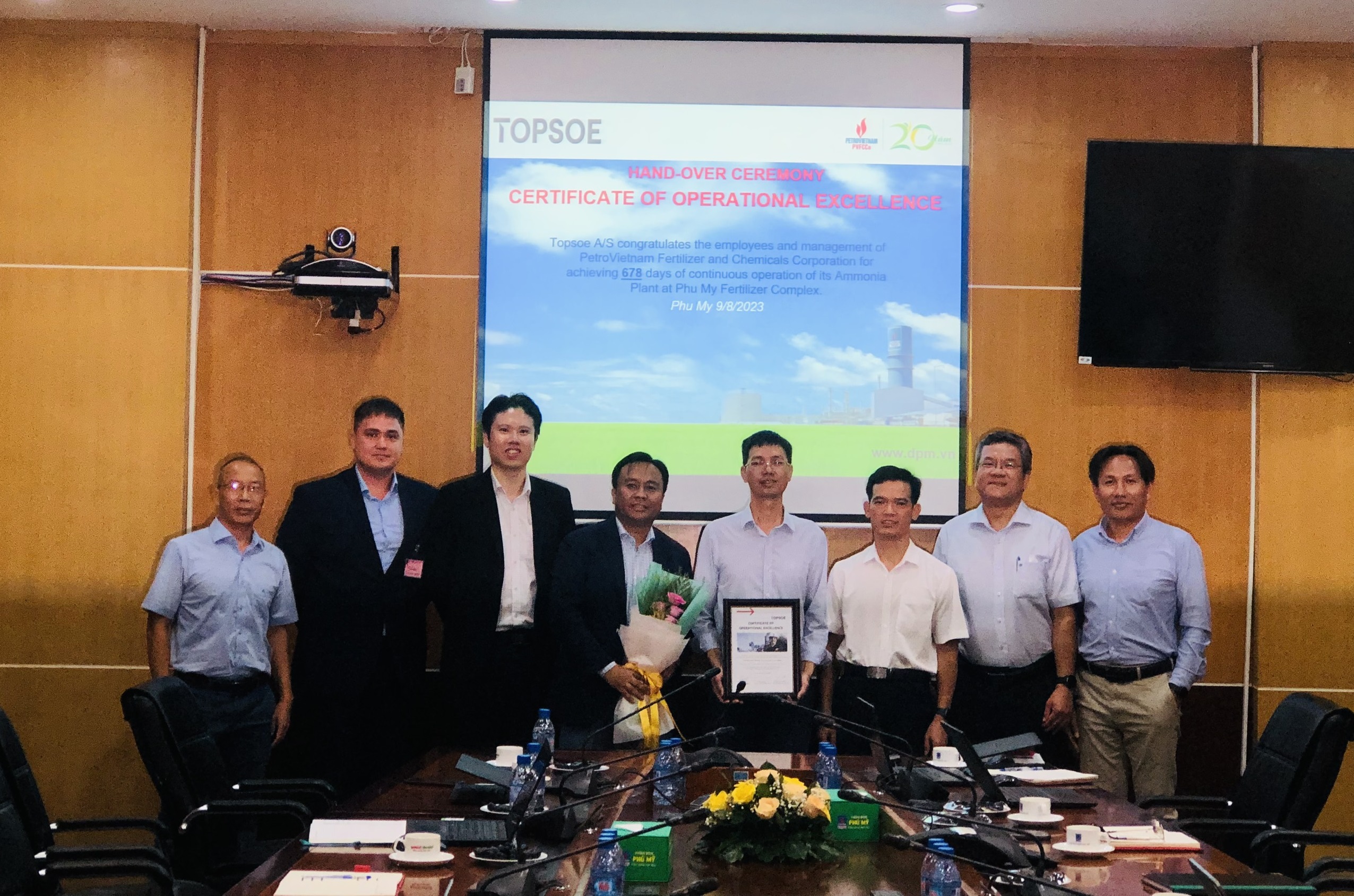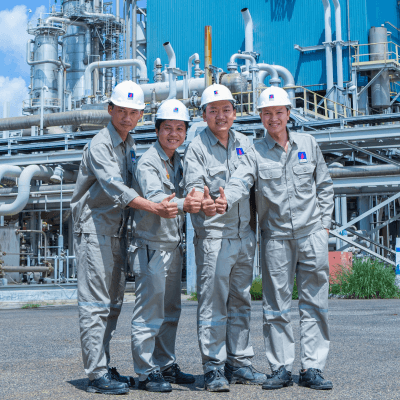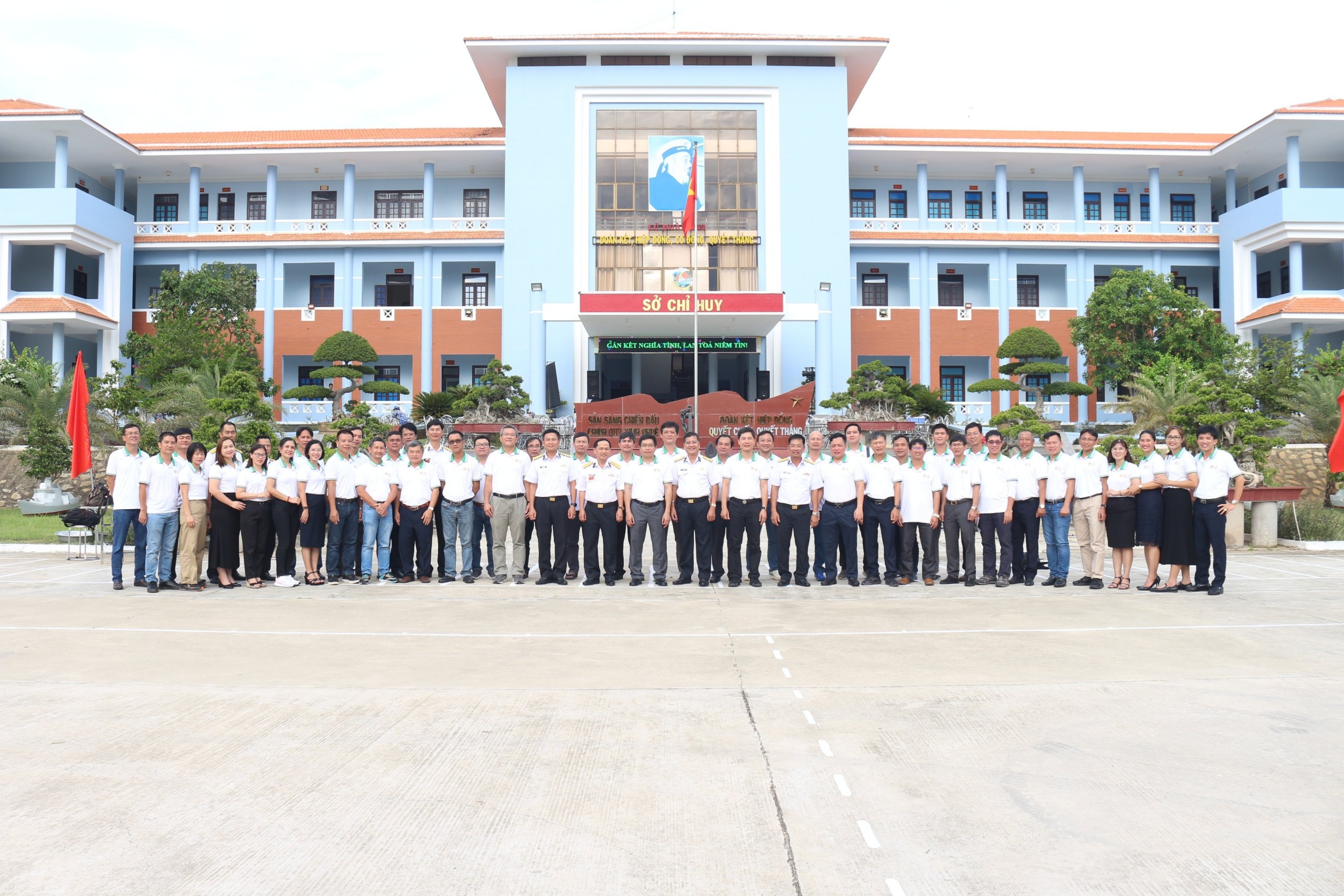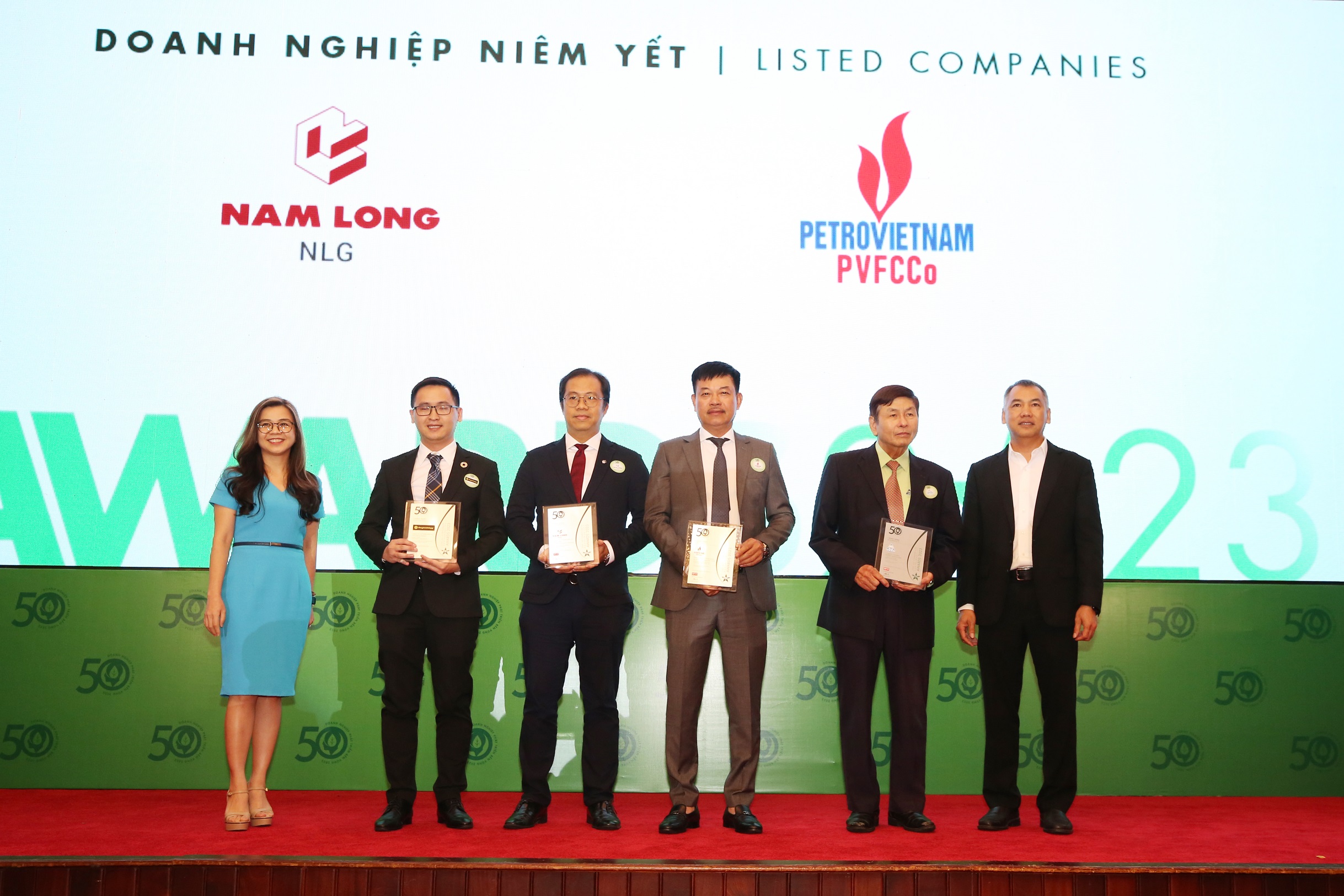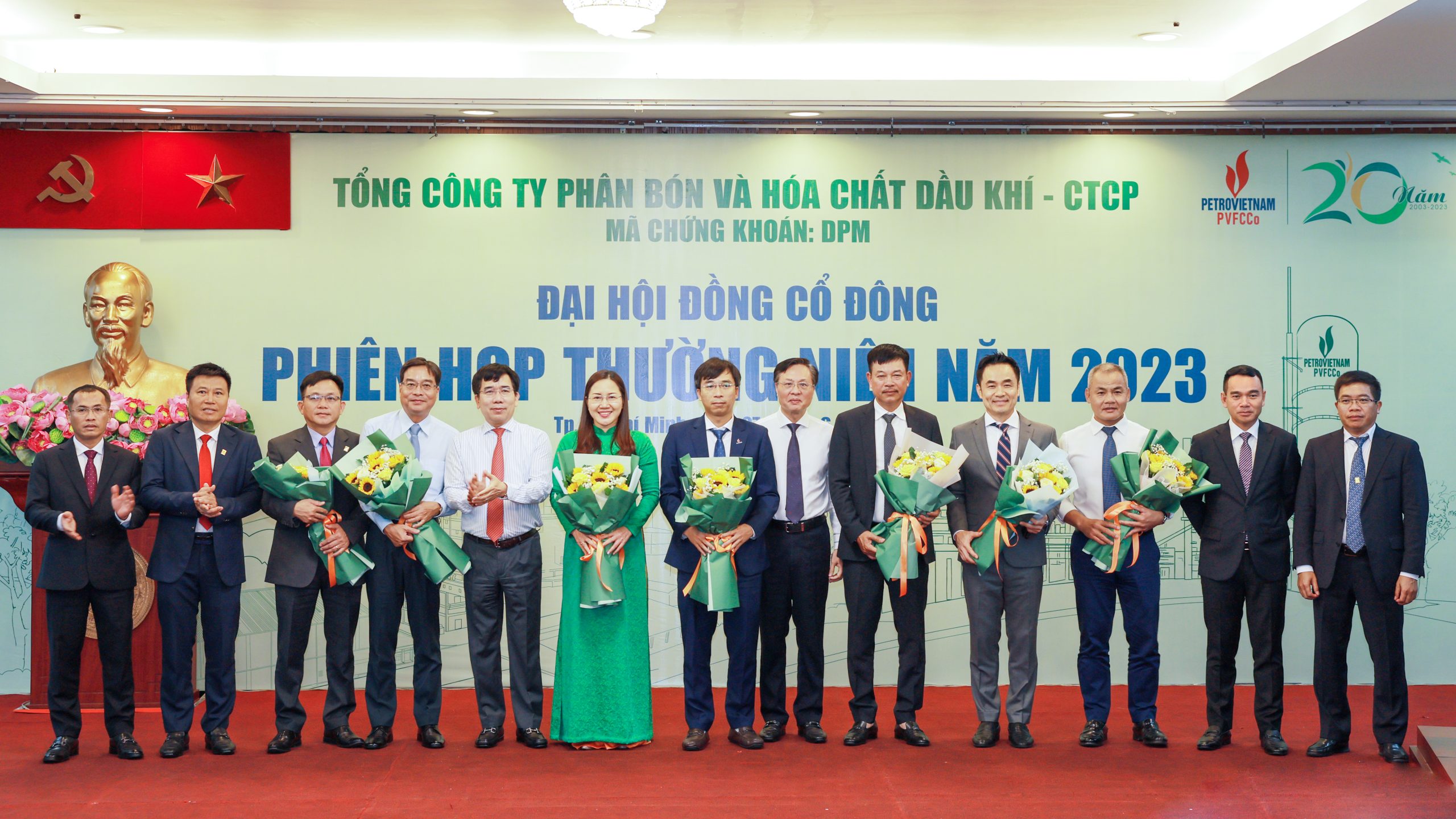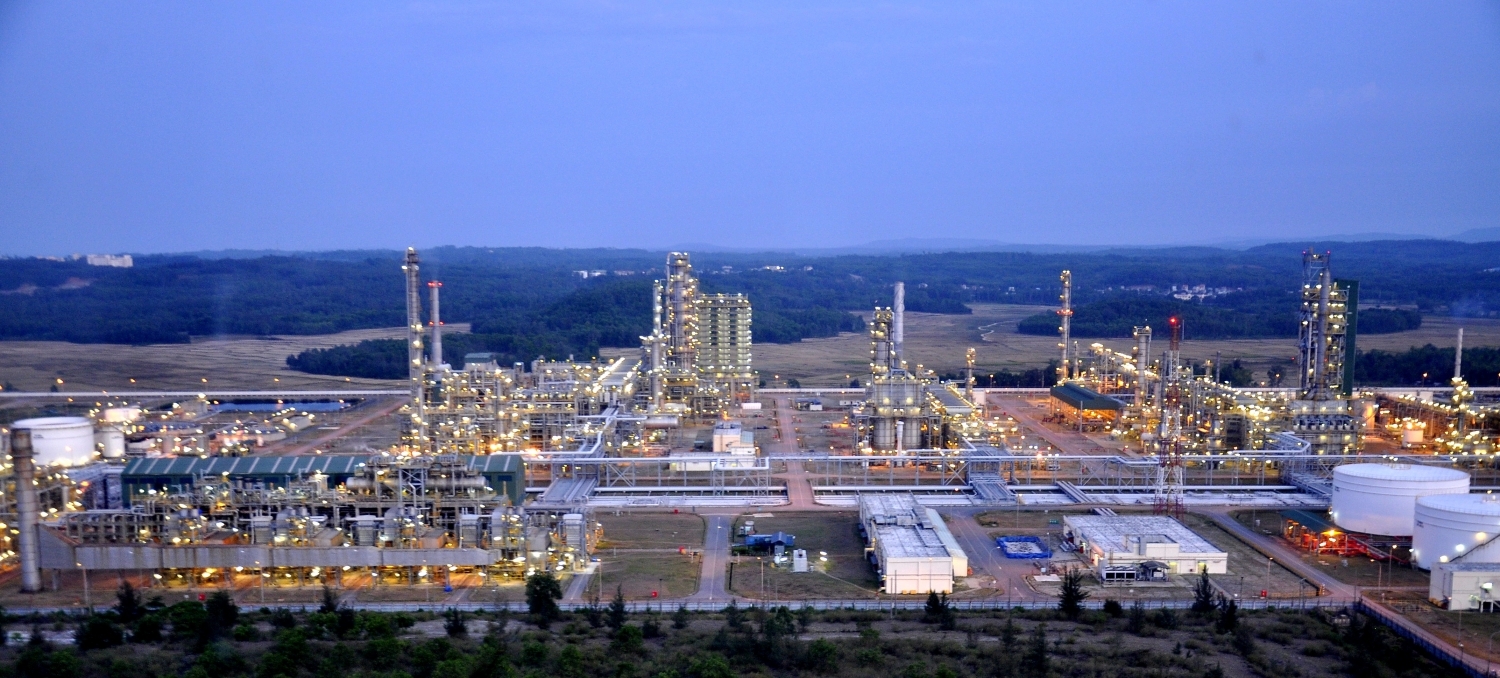In the amendment of the Petroleum Law, the oil and gas contract is an important content that receives great attention from regulators, legislators, experts, and businesses. Because this is an important legal document associated with the process of implementing oil and gas activities. Up to now, the Draft Law has absorbed and revised many issues in the Oil and Gas Contract, receiving high consensus. However, there are still several contents that need to be further considered and adjusted to increase the feasibility of the Draft Law, come to life, and not create new barriers.
Why is an oil and gas contract required in English?
Since the Draft Oil and Gas Law (amended) was released for comments and corrections, there have been many opinions of experts and businesses around the language in oil and gas contracts. However, up to now, the Draft Law is being consulted by the National Assembly delegations and has not yet been received and amended. Specifically, according to Clause 1, Article 34 of the Draft Law, the language used in oil and gas contracts is Vietnamese in the case that at the time of signing the petroleum contract, the selected contractor is a Vietnamese contractor. Male. It is explained that we are willing to use two languages in case the Contract is signed with a foreign contractor in Clause 2 of this article. However, experts and businesses said that the language provisions in the oil and gas contract are still not appropriate.
Mr. Nguyen Minh, Head of Legal and Commercial Department of Eni Vietnam said that foreign investors want to have two languages when signing oil and gas contracts. Because if the oil and gas contract between two Vietnamese companies signed together is in Vietnamese language, but when the foreign company wants to participate, then it is very difficult to edit it. If a foreign company wants to participate in a petroleum contract but the contract is only in Vietnamese, or is translated into English without being signed by the parties, they are very concerned.
Mr. Nguyen Minh, Head of the Legal and Commercial Department of Eni Vietnam, gave his opinion on the language in oil and gas contracts at the Workshop to collect opinions on the revised Draft Petroleum Law coordinated by the National Assembly Economic Committee with the Ministry of Industry and Trade Industry and Trade held in Ho Chi Minh City on August 3
Sharing the same view, Mr. Vuong Minh Duc, Director of Engineering and Environmental Health and Safety, ExxonMobil Vietnam Petroleum Exploration and Production Co., Ltd., and Mr. Do Ngoc Thanh, Deputy General Director of Viet Nhat Petroleum Co., Ltd. He also said that the operation of the oil and gas industry in the world revolves around the English language. In particular, many specialized terms may not be able to be interpreted correctly in Vietnamese. The oil and gas contract signed at the beginning in English is very necessary, this has also become an international practice and is a favorable point to attract foreign investment, otherwise, this will become a problem. become a new barrier to attracting investment.
The characteristics of oil and gas activities are highly international. Our country’s oil and gas industry still uses the language in the oil and gas contract in Vietnamese and English; that is no problem, no difficulty. Therefore, this is not a point that needs to be amended in the Petroleum Law. The draft Law on Petroleum (amended) as above can be considered a backward point in the policy mechanism for oil and gas activities. This is not consistent with the development of the legal system in general and the legal system on oil and gas in particular and does not improve the investment environment in this field.
Therefore, to match the characteristics of oil and gas activities, which are specialized and highly international, and at the same time create favorable conditions for potential oil and gas contractors to access existing oil and gas contracts. At the time of signing the oil and gas contract should be signed in a common foreign language (usually English) right from the time of signing the contract, regardless of the nationality of the contractor at the time of signing the contract.
Avoid overlapping, ensure feasibility and practicality
In addition, to resolve conflicts and overlaps in the process of applying the Petroleum Law with the Law on management and use of state capital to invest in production and business at enterprises (Law on State Administration of Service), the addition of regulations Article 36 of the Draft Law on the process of transferring participation rights in case Petrovietnam/enterprise with 100% capital of Petrovietnam is the transferor, it will be done by the Petroleum Law.
Because the actual implementation of this transfer shows that it is inappropriate to include this content in the Law on FRM because the characteristics of the “petroleum assets” offered for sale are different, so it is necessary to organize a competitive offer based on the based on an independent assessment of the starting value of the property is not feasible and appropriate. First, no organization can value this oil and gas asset. Secondly, hiring organizations to appraise properties for sale and organize competitive offers will inevitably fail to ensure elements of national defense and security.
Oil and gas activities at sea, apart from economic issues, are also associated with security and defense
In addition, with regulations related to the management and use of state capital in oil and gas activities (capital management of Petrovietnam and enterprises (DN) with 100% capital of Petrovietnam in the implementation of investment in oil and gas projects), then the Draft Law (Article 63 and Article 66) only stipulates the authority of the Members’ Council (Board of Members) and the Committee for the Management of State Capital at Enterprises (VNSC) related to the use of Petrovietnam’s capital and Company 100% owned by Petrovietnam participates in oil and gas projects/activities. Specifically, assign the whole approval of the use of capital of Petrovietnam and enterprises with 100% capital of Petrovietnam to the Board of Directors of this Group (Article 63 of the Draft Amended Petroleum Law); and the responsibility (authority) of the VMB only sends comments on the use of Petrovietnam’s capital to the Ministry of Industry and Trade for consideration and appraisal (Article 66 of the Draft Amended Petroleum Law).
The above regulation is unclear about the order, procedures, and documents for Petrovietnam’s Board of Members to approve in case Petrovietnam/DN with 100% capital of Petrovietnam carries out oil and gas activities according to the stages of the Product Sharing Contract (PSC). and oil and gas projects; and did not stipulate the steps and order for the VMB to comment on the use of Petrovietnam’s capital in oil and gas projects and activities. Specifically, if the VMB has an opinion of “disagree” or “the use of capital of Petrovietnam needs to be reconsidered”, will the Ministry of Industry and Trade appraise it and decide to submit it to the Prime Minister for approval? In addition, when implementing oil and gas projects with the participation of Petrovietnam and enterprises with 100% capital of Petrovietnam, Petrovietnam still has to carry out two processes at the same time. Specifically: the dossiers submitted for approval of the oil and gas field development outline plan (ODP), early exploitation plan of oil and gas fields (EDP), oil and gas field development plan (FDP) under the Petroleum Law; documents submitted to the VMB for approval of the capital plan for the implementation of ODP/EDP/FDP. After obtaining approval from both the state management agency in charge of oil and gas and the VMB, Petrovietnam makes separate approvals and as a result, the process and approval will be lengthy and overlapping. This is also a problem that has not been solved yet.
Dr. Nguyen Quoc Thap – Chairman of the Vietnam Oil and Gas Association highly appreciates the Draft Law on Petroleum (amended) and expects the outstanding problems will continue to be corrected in the Draft or the Circular guiding the implementation of the Law. ; as well as hope that the revised Oil and Gas Law with new and progressive points will soon be approved and implemented, meeting the expectations of the Party, State, society and businesses.
Mai Phương


